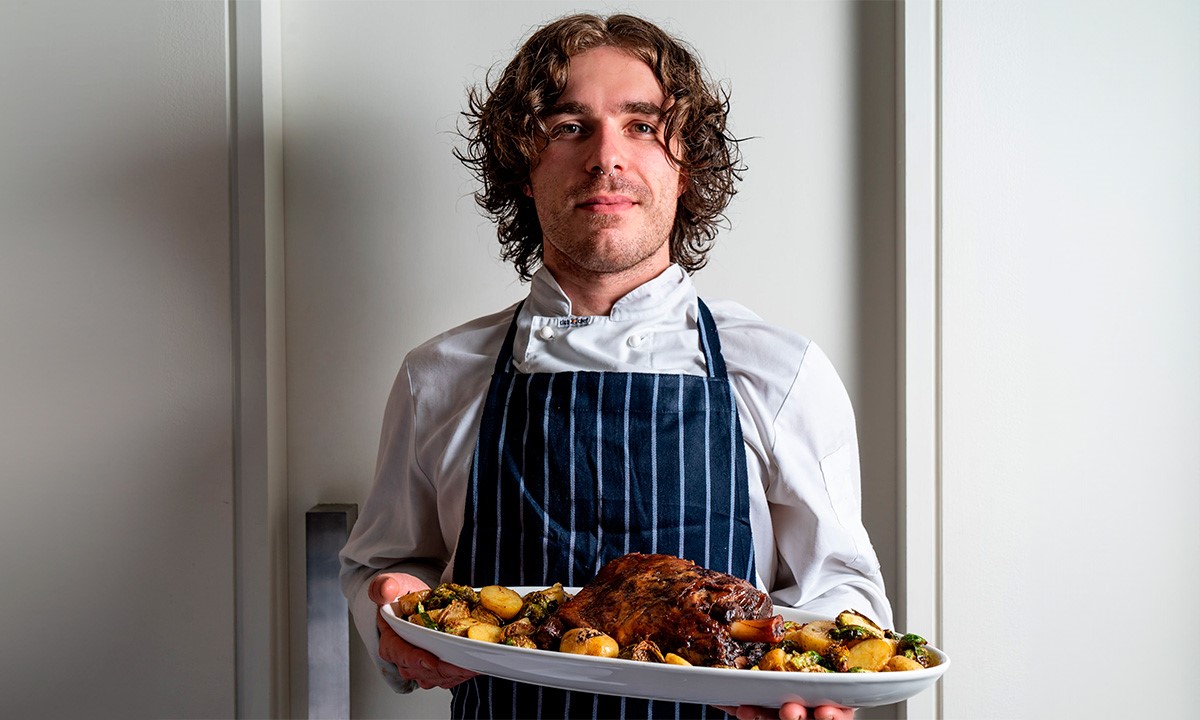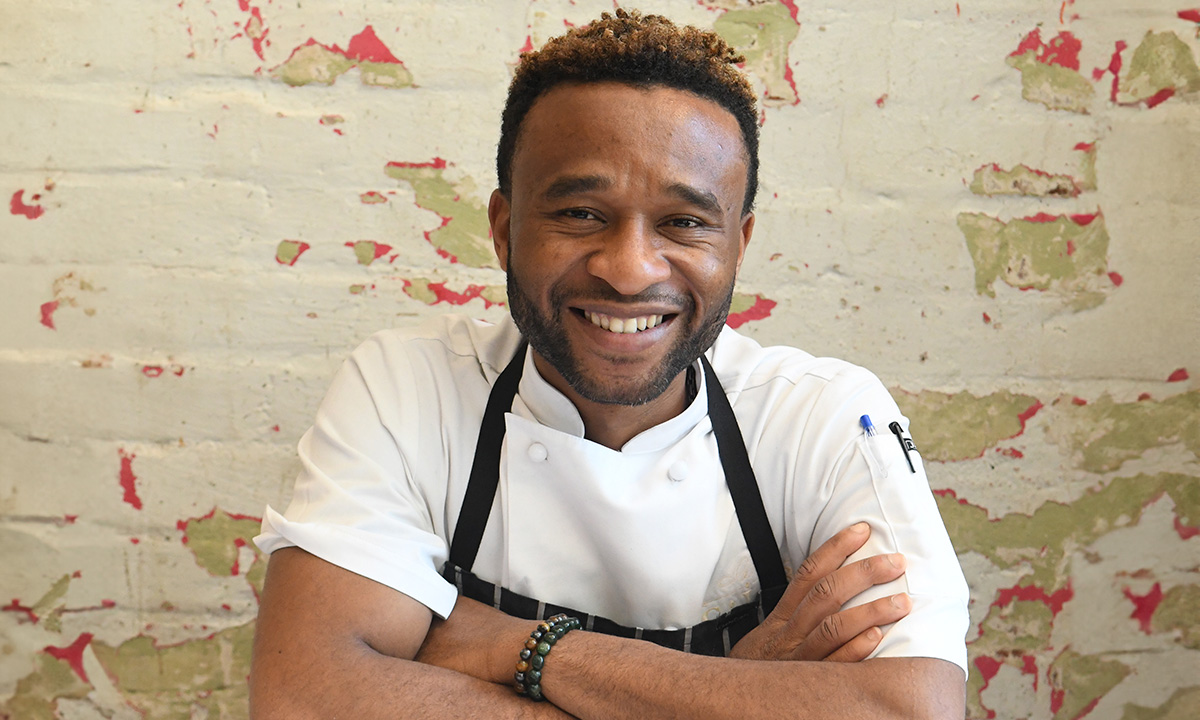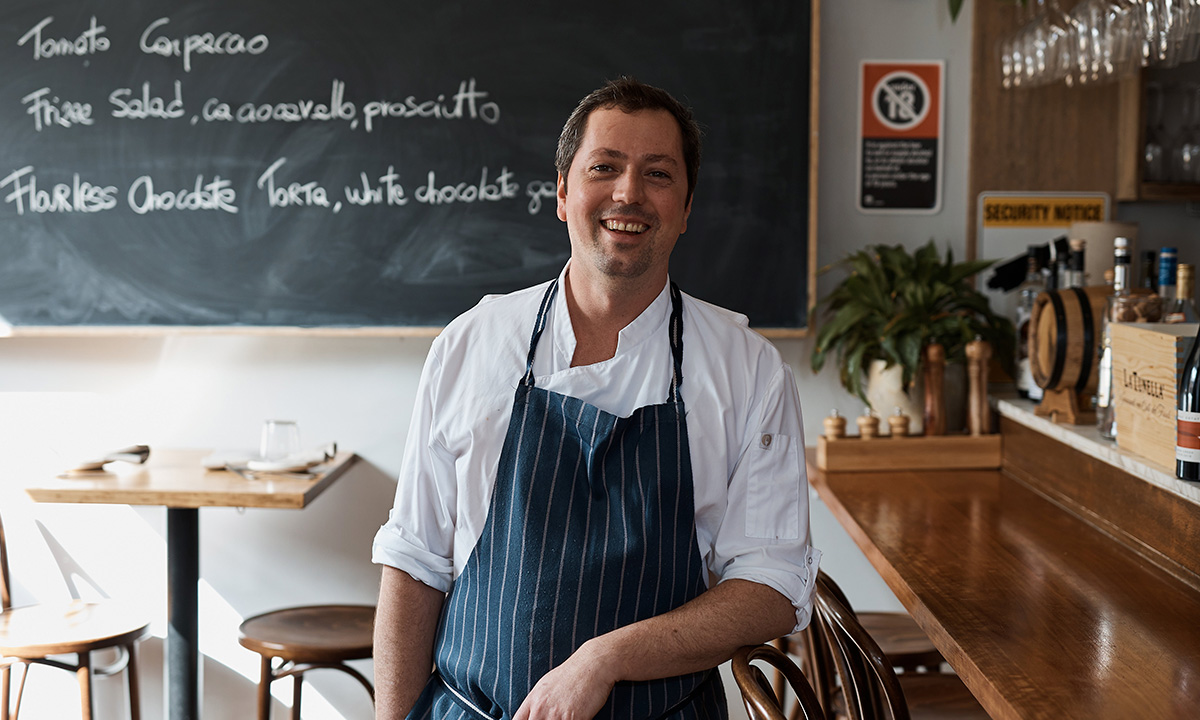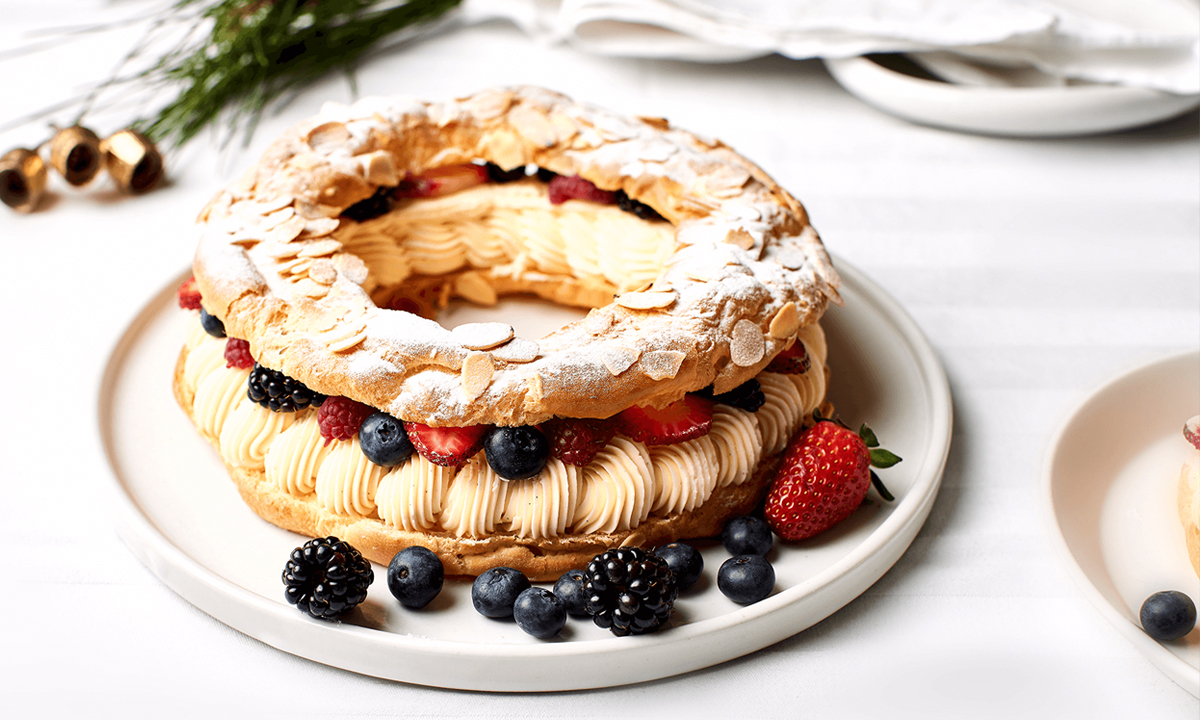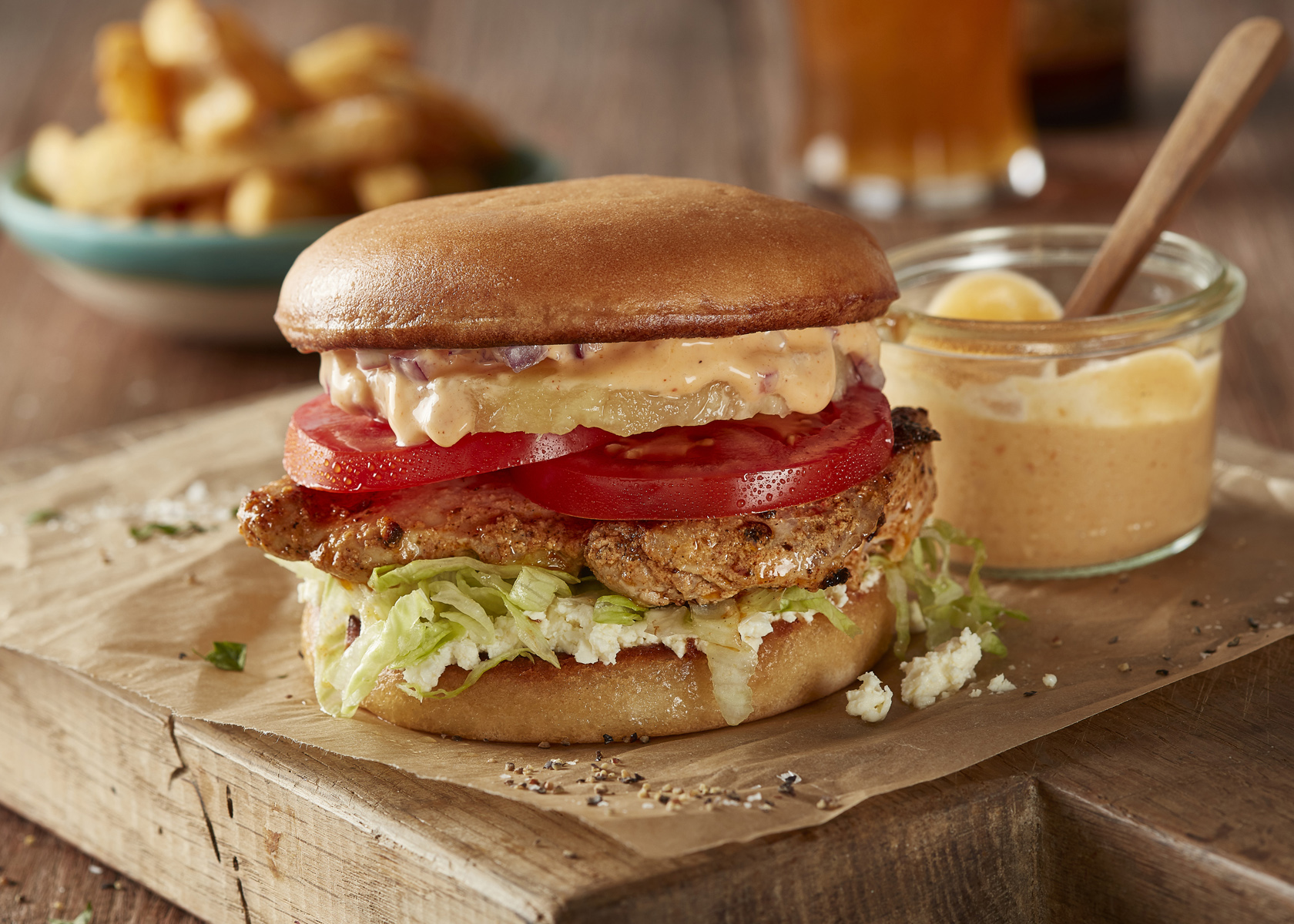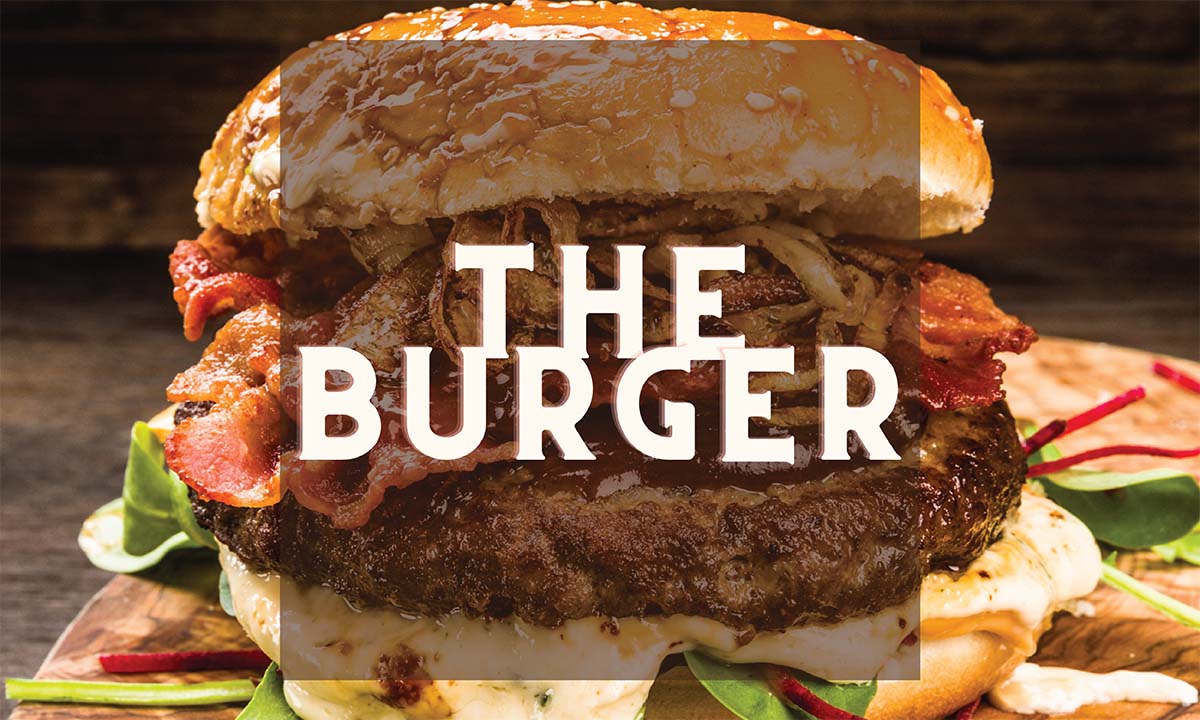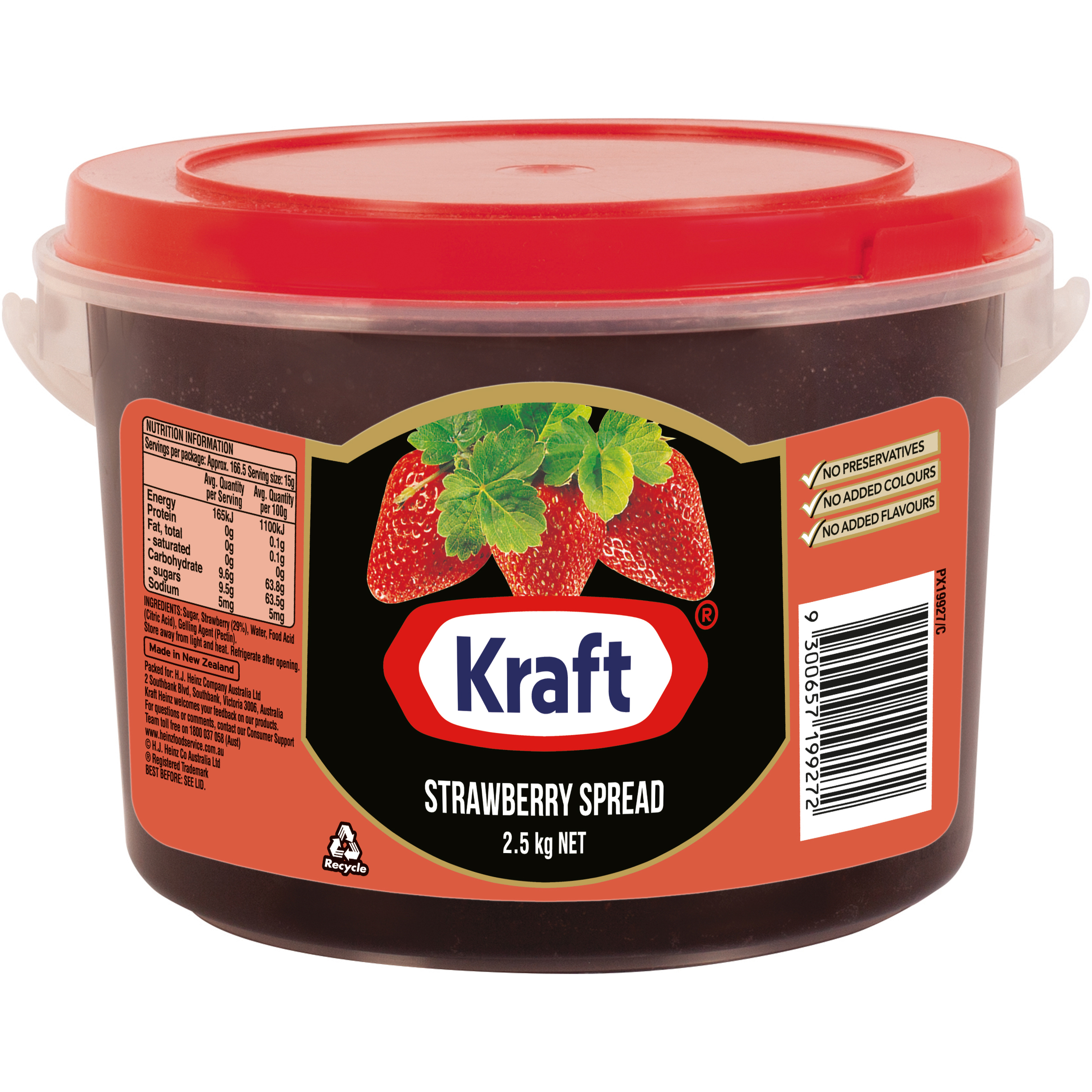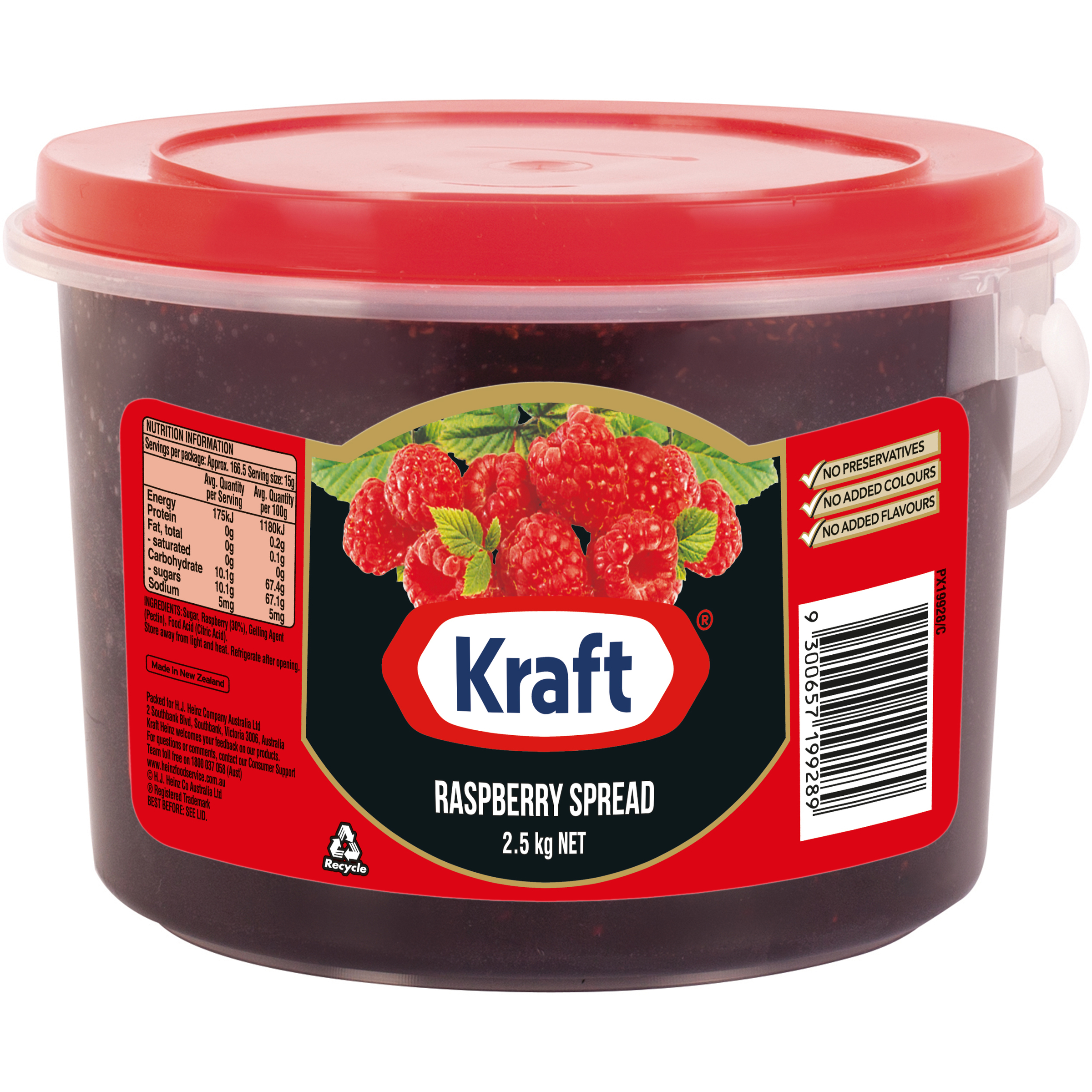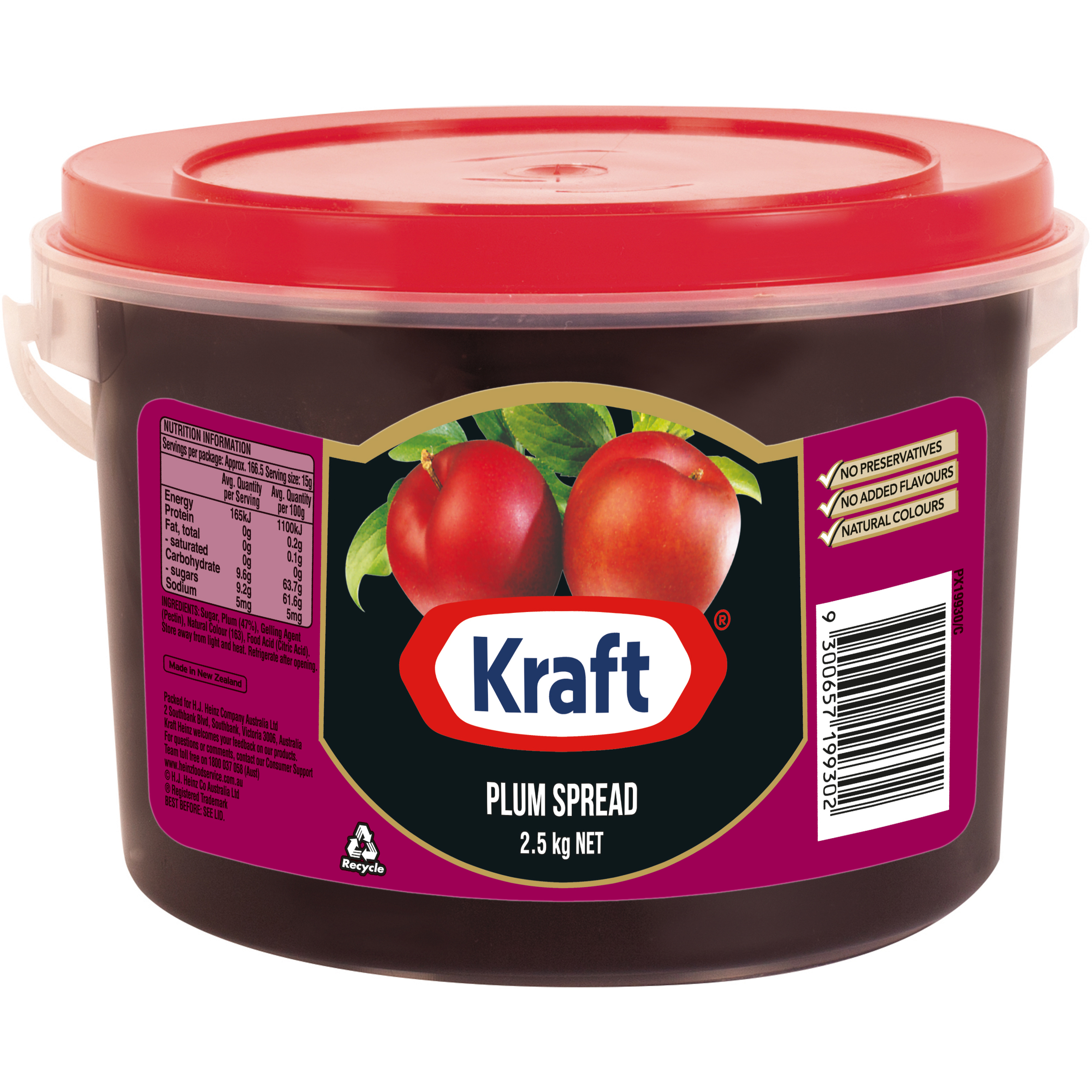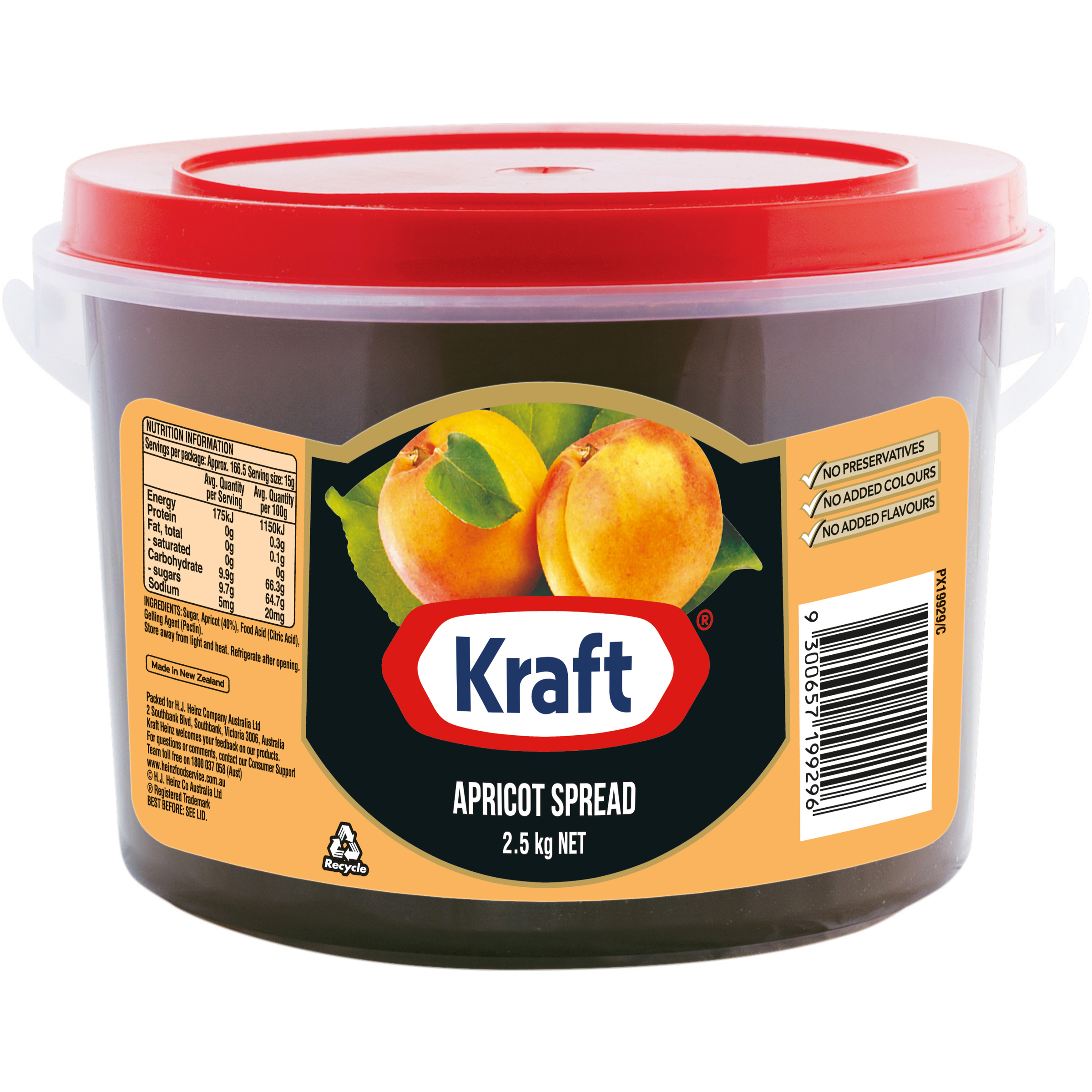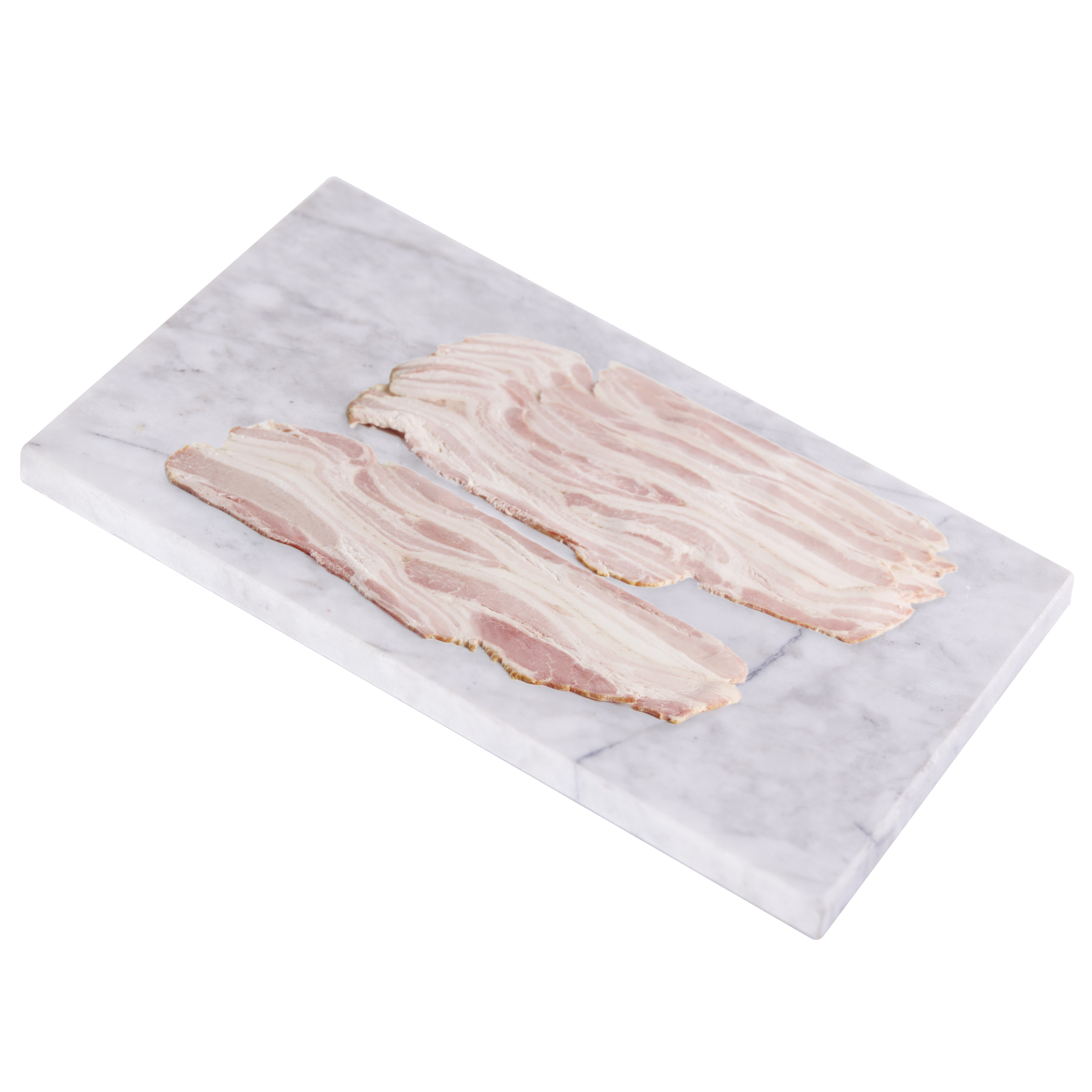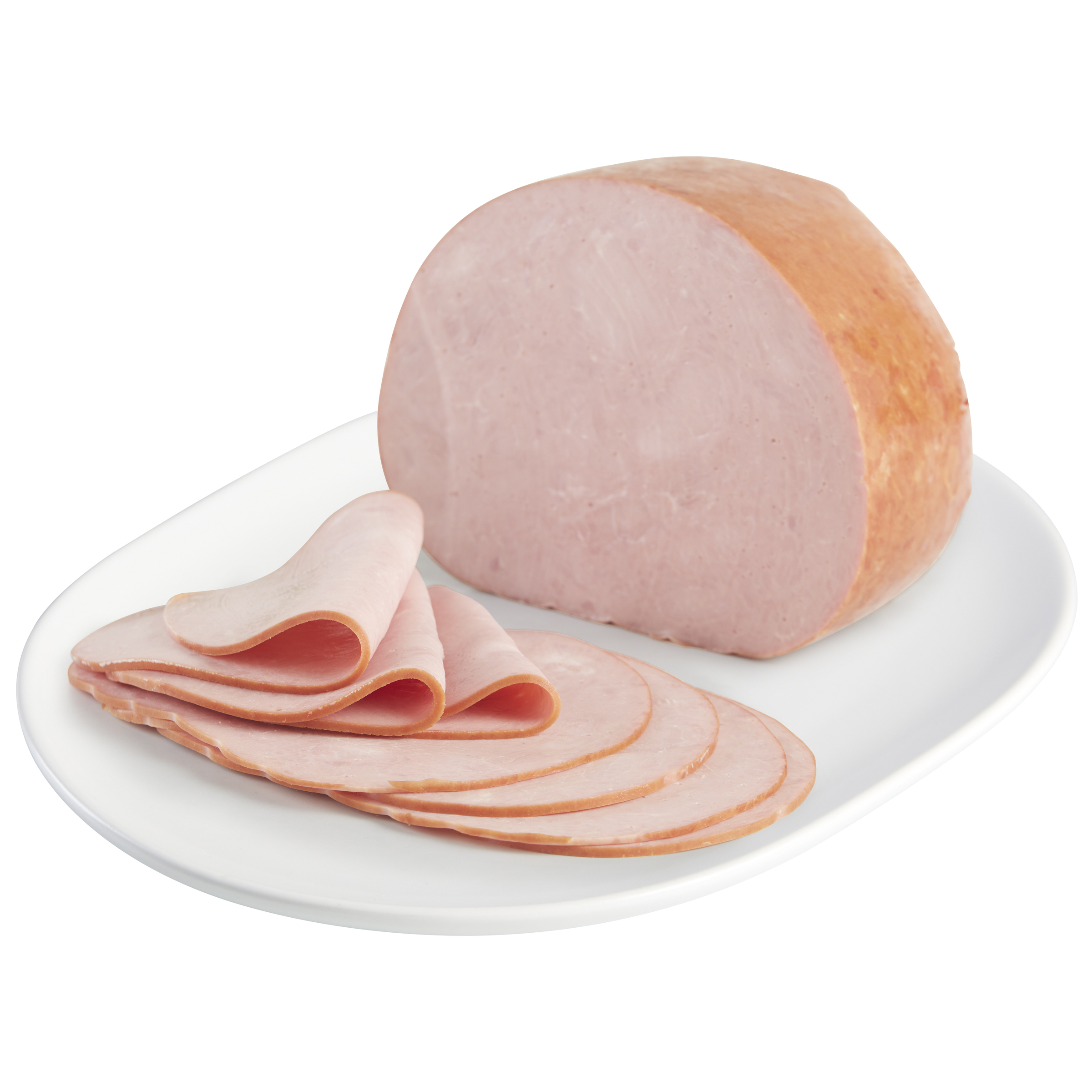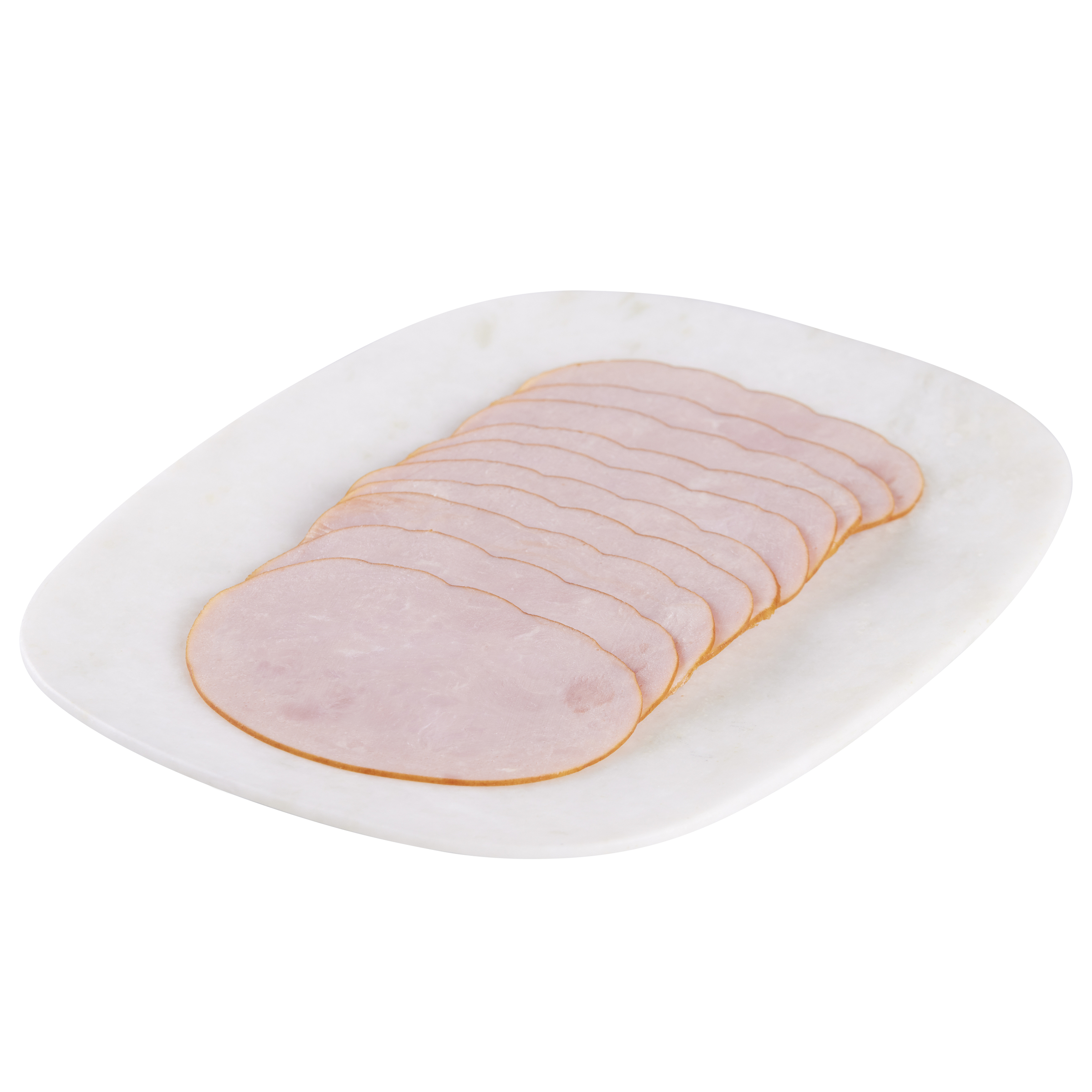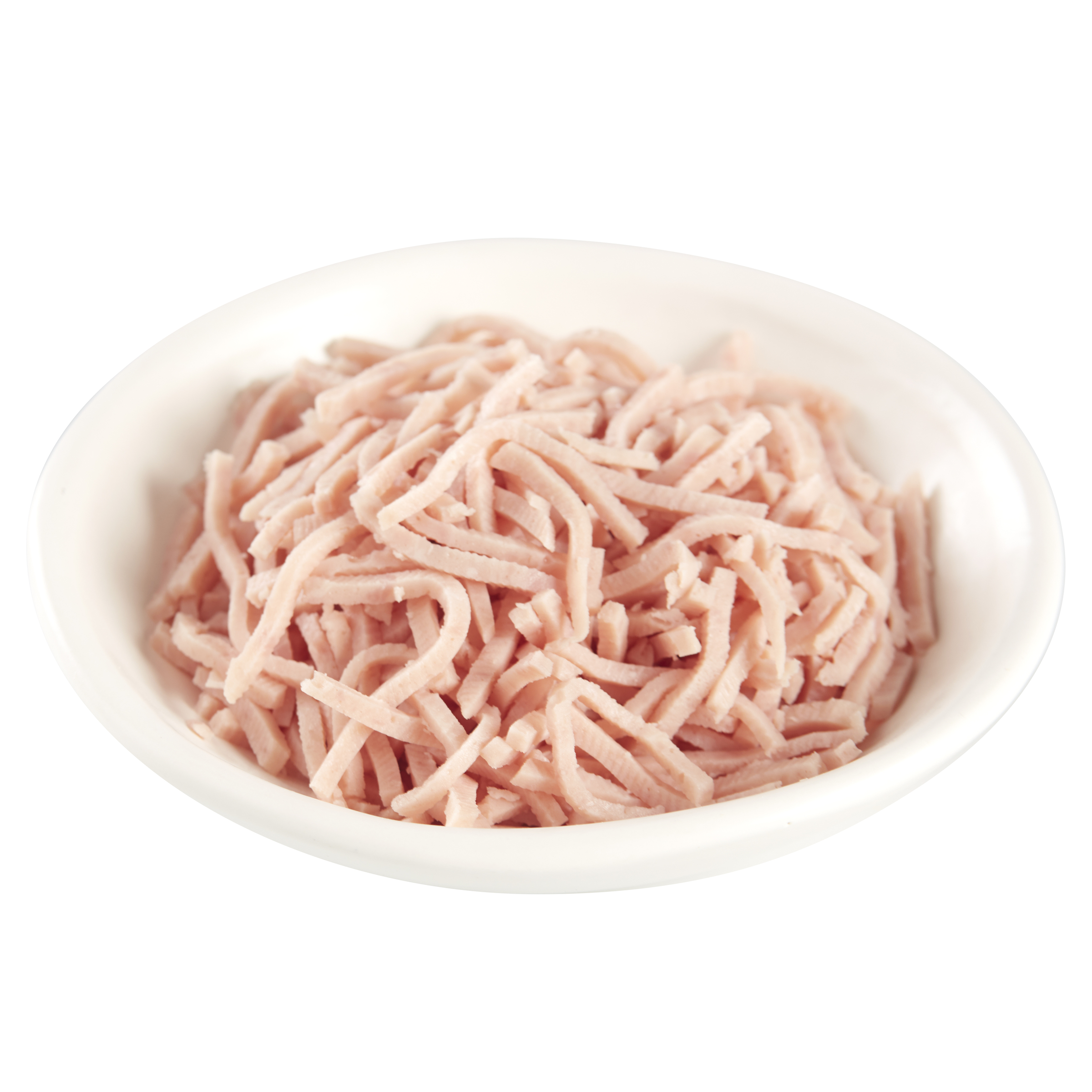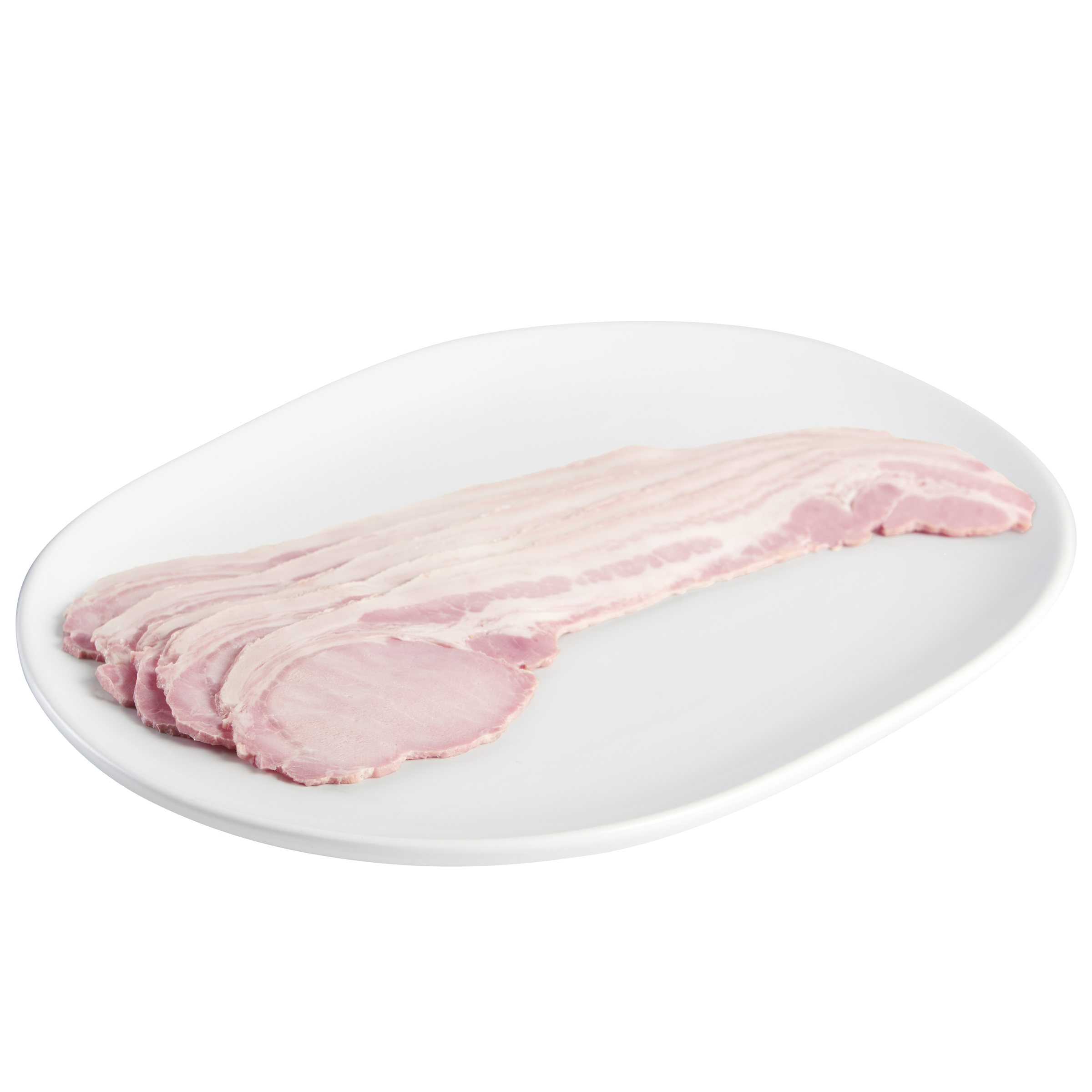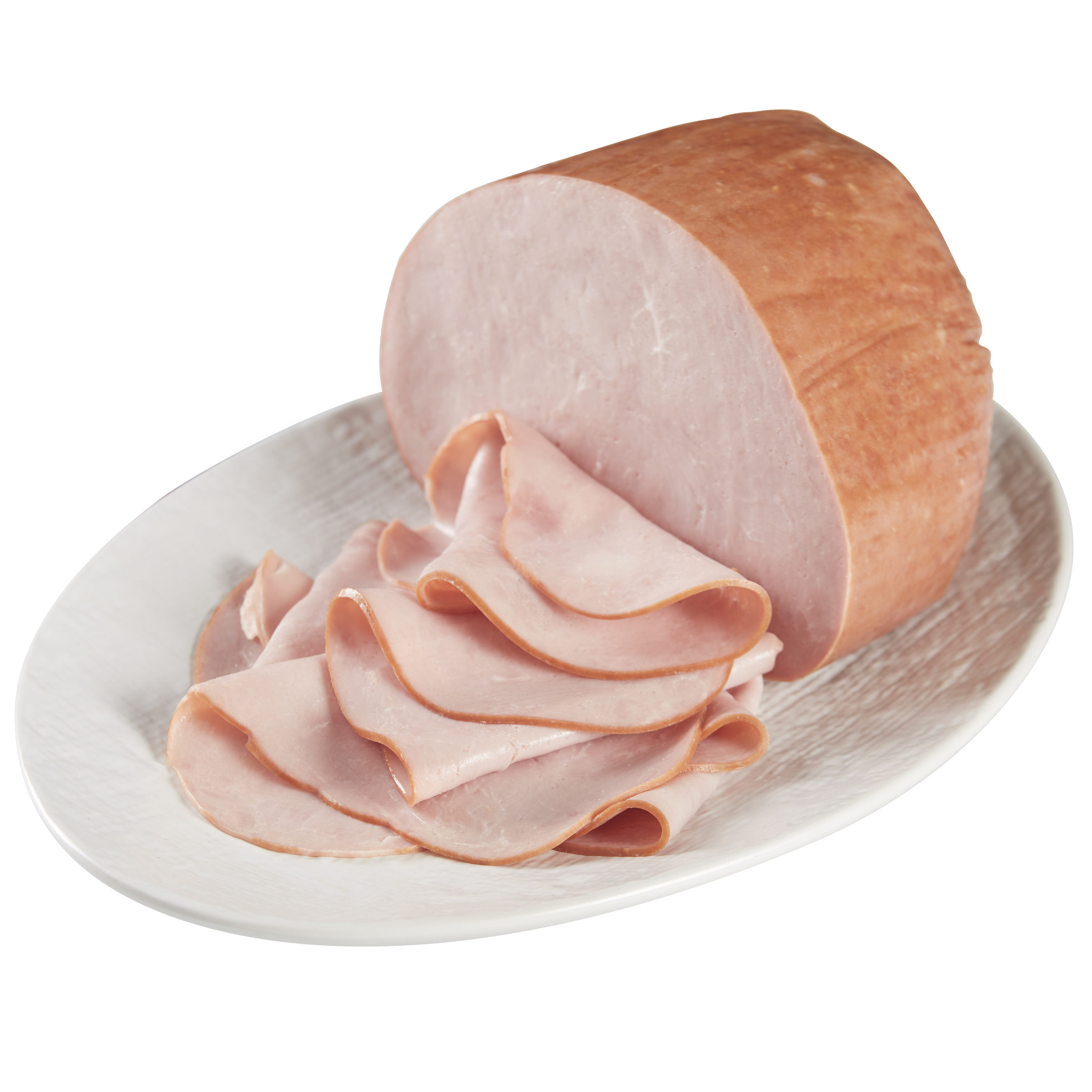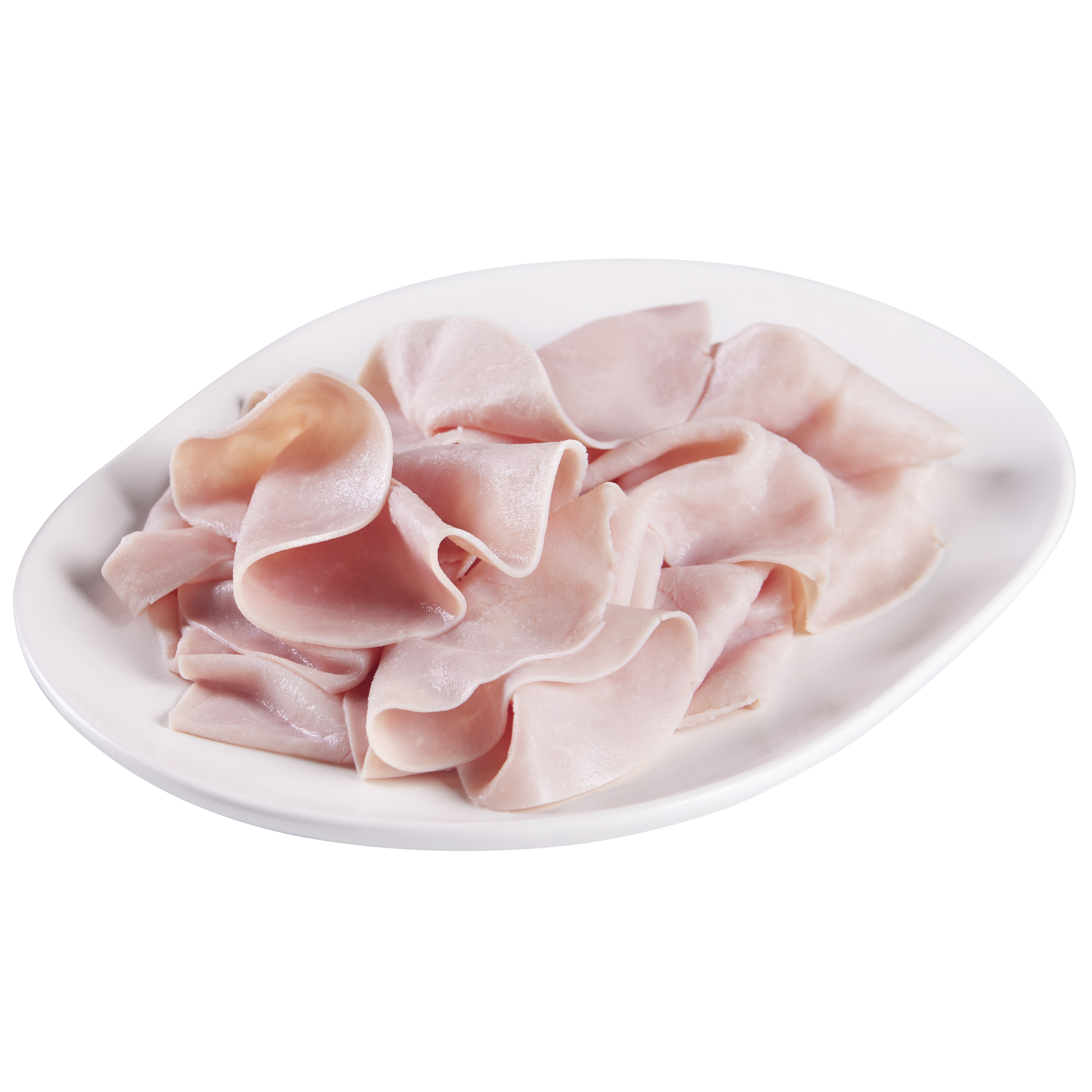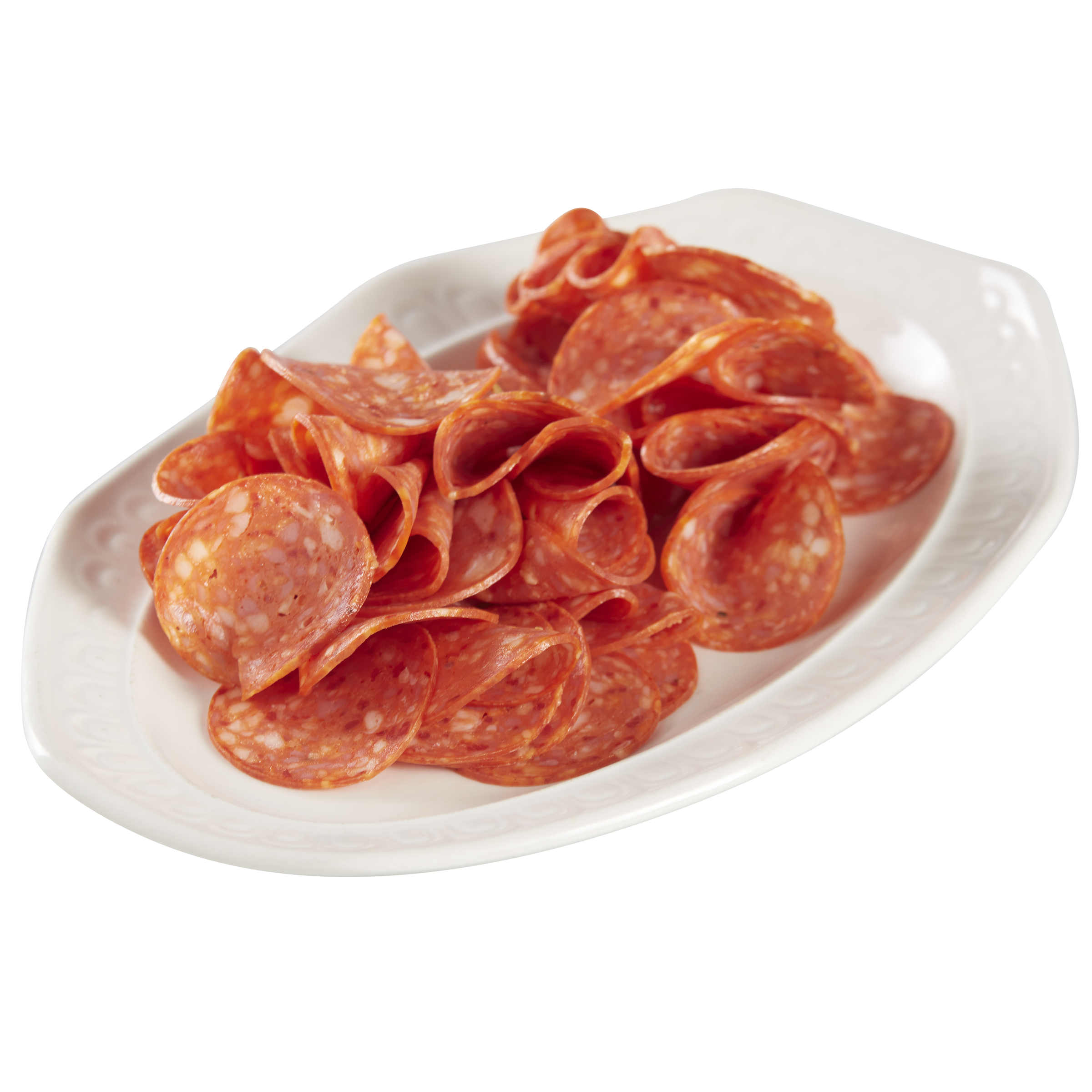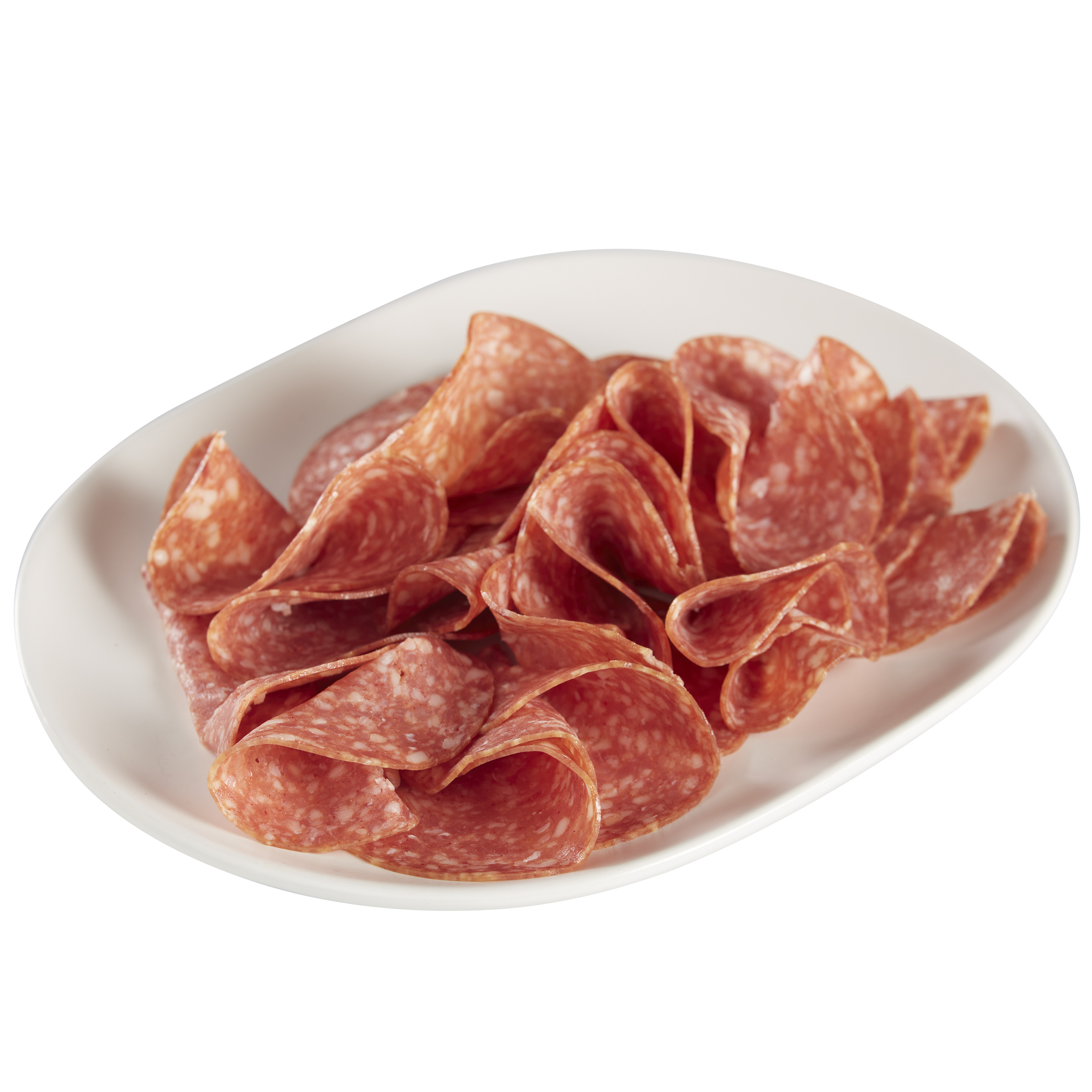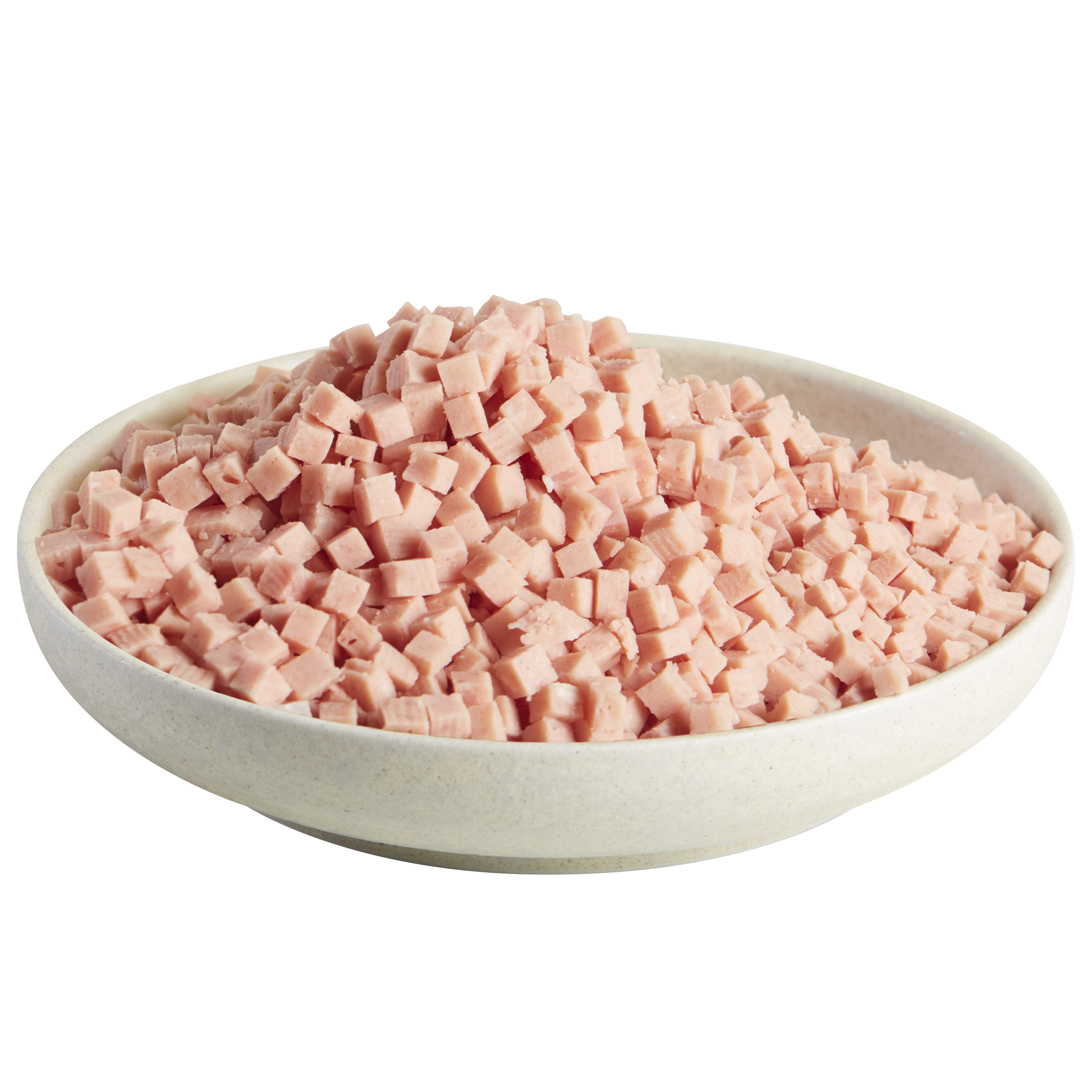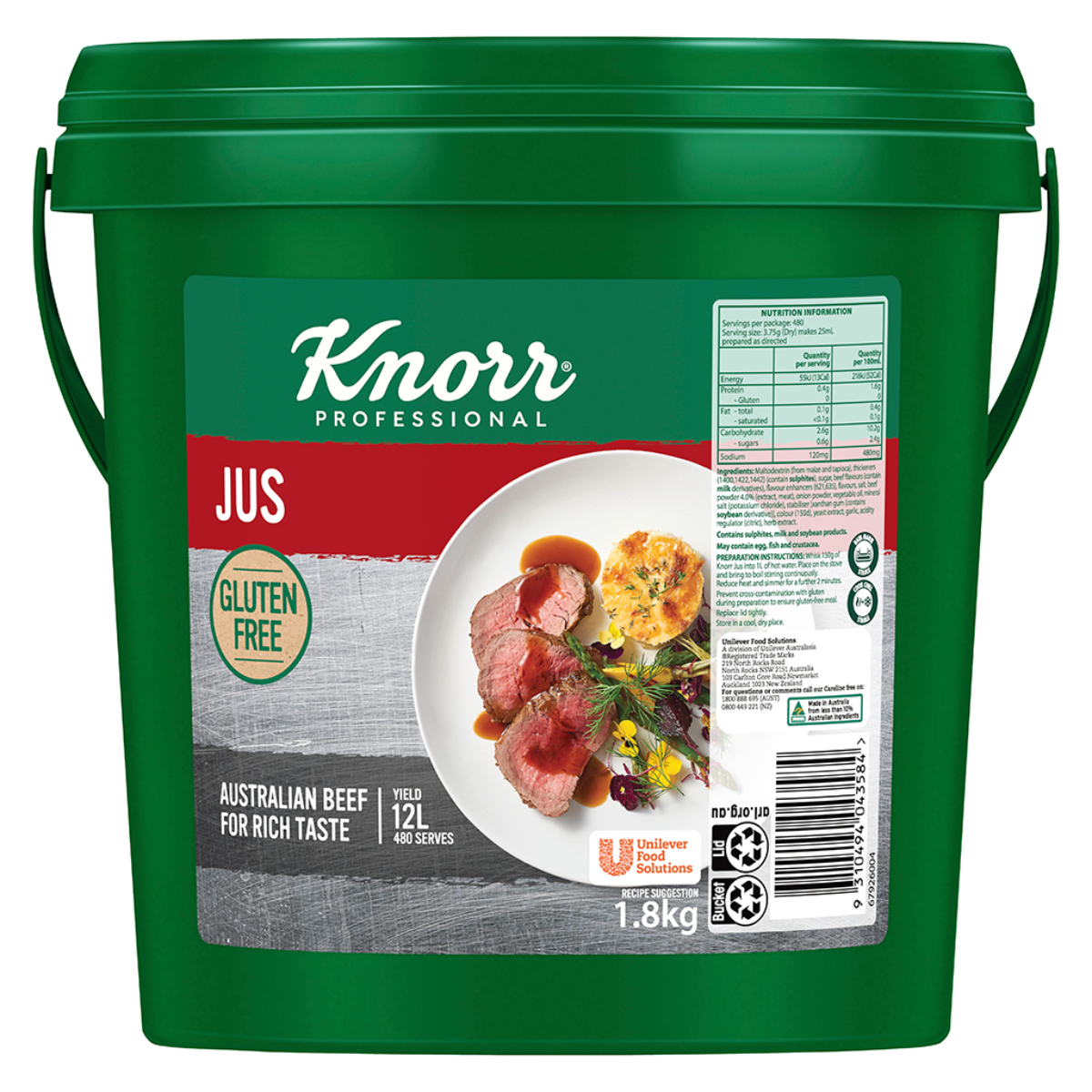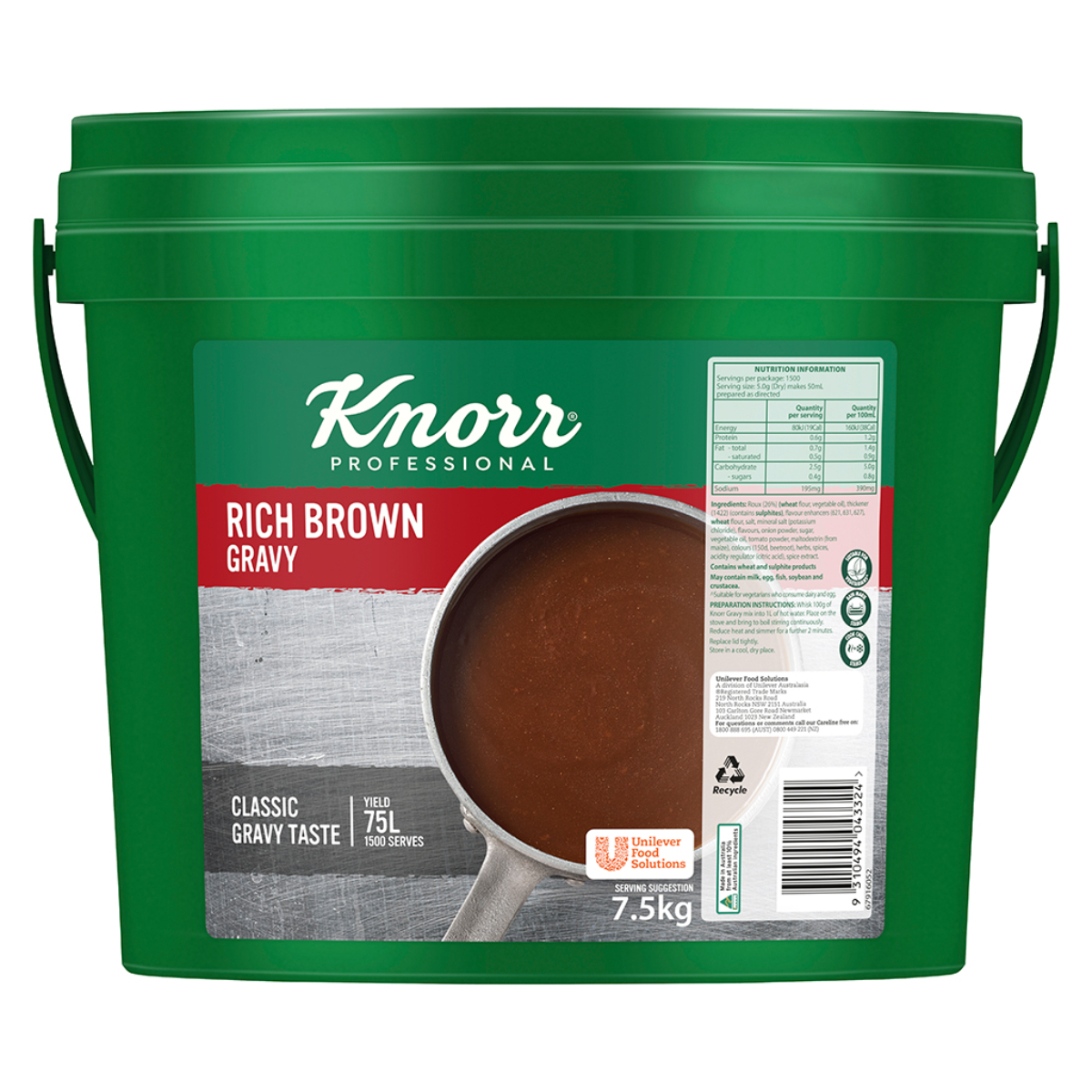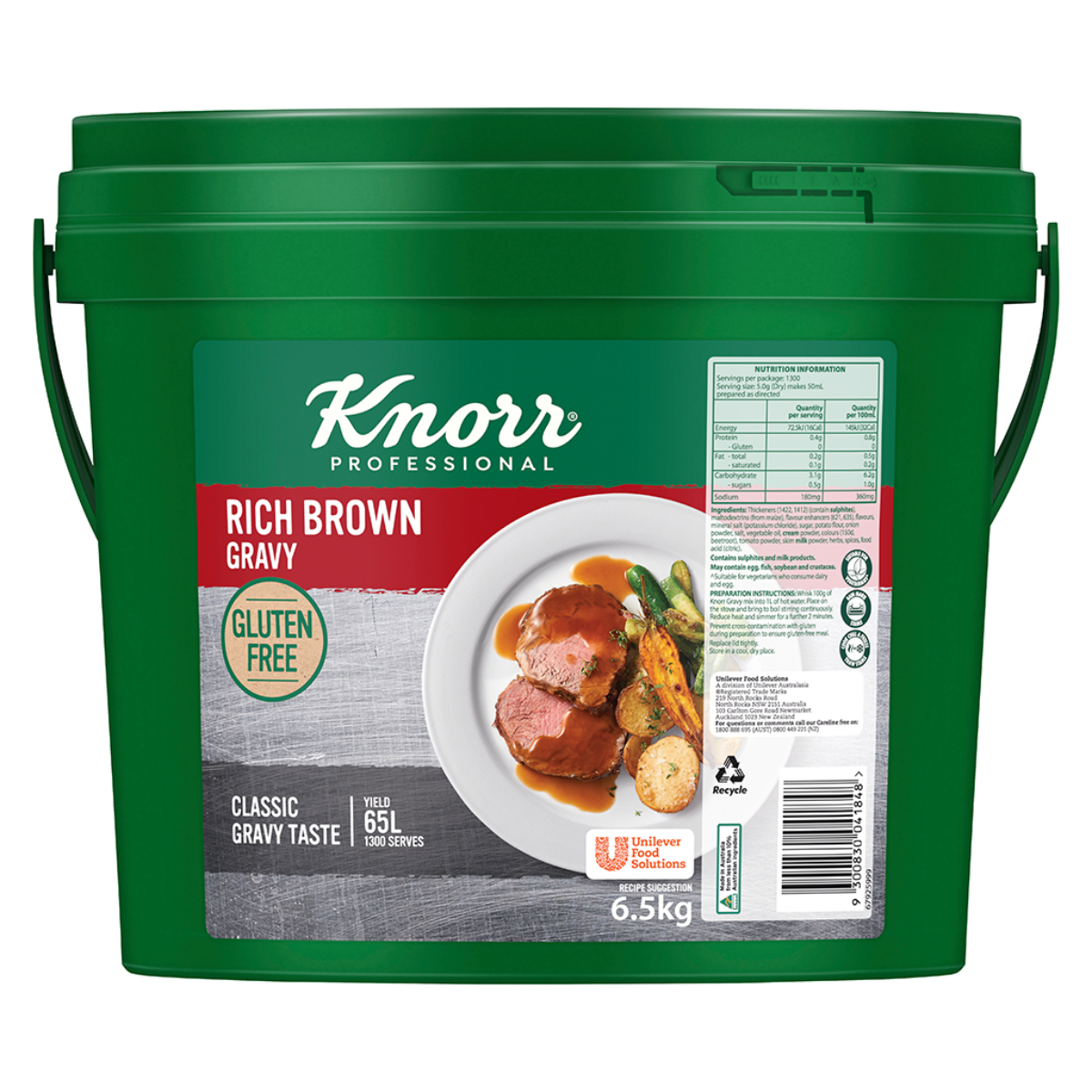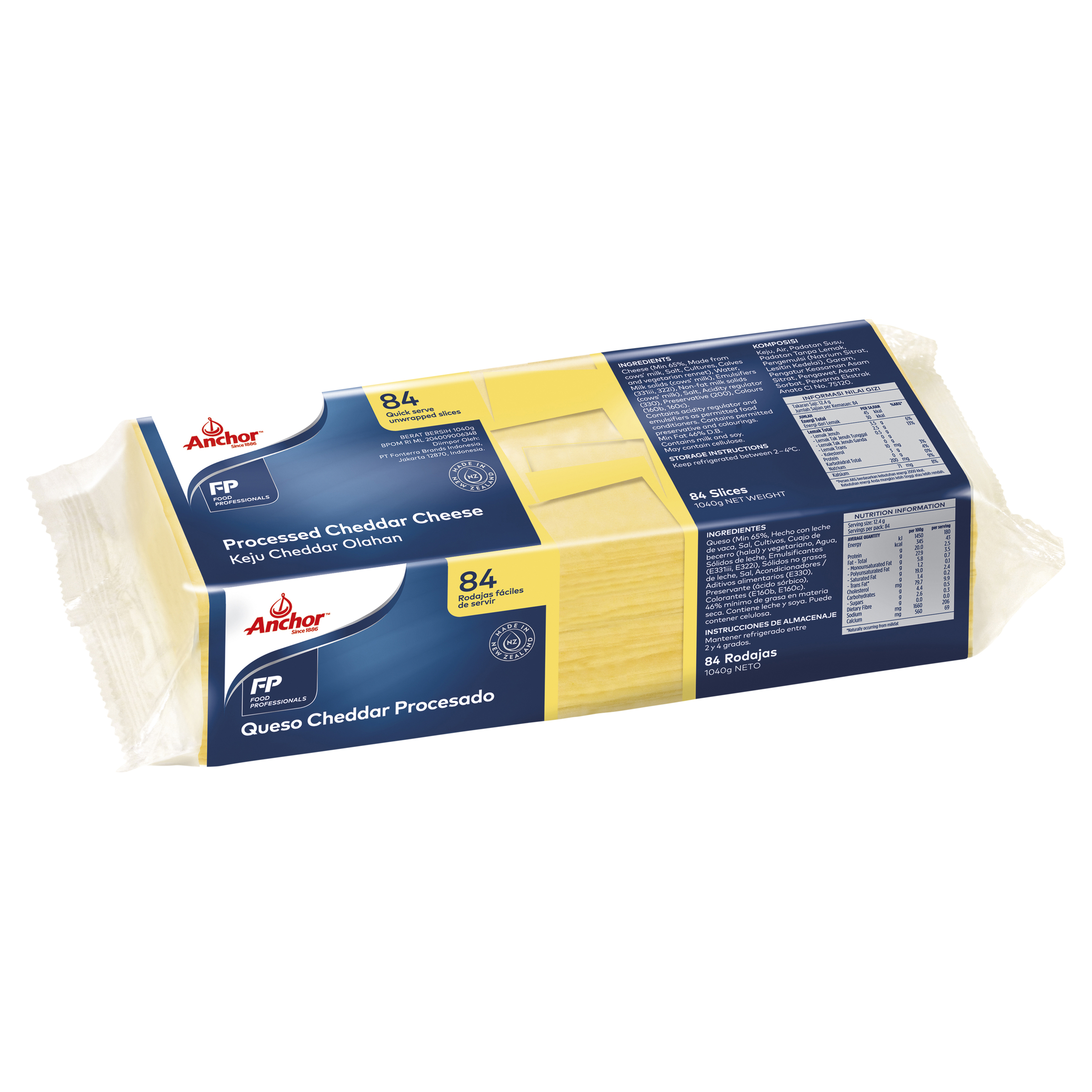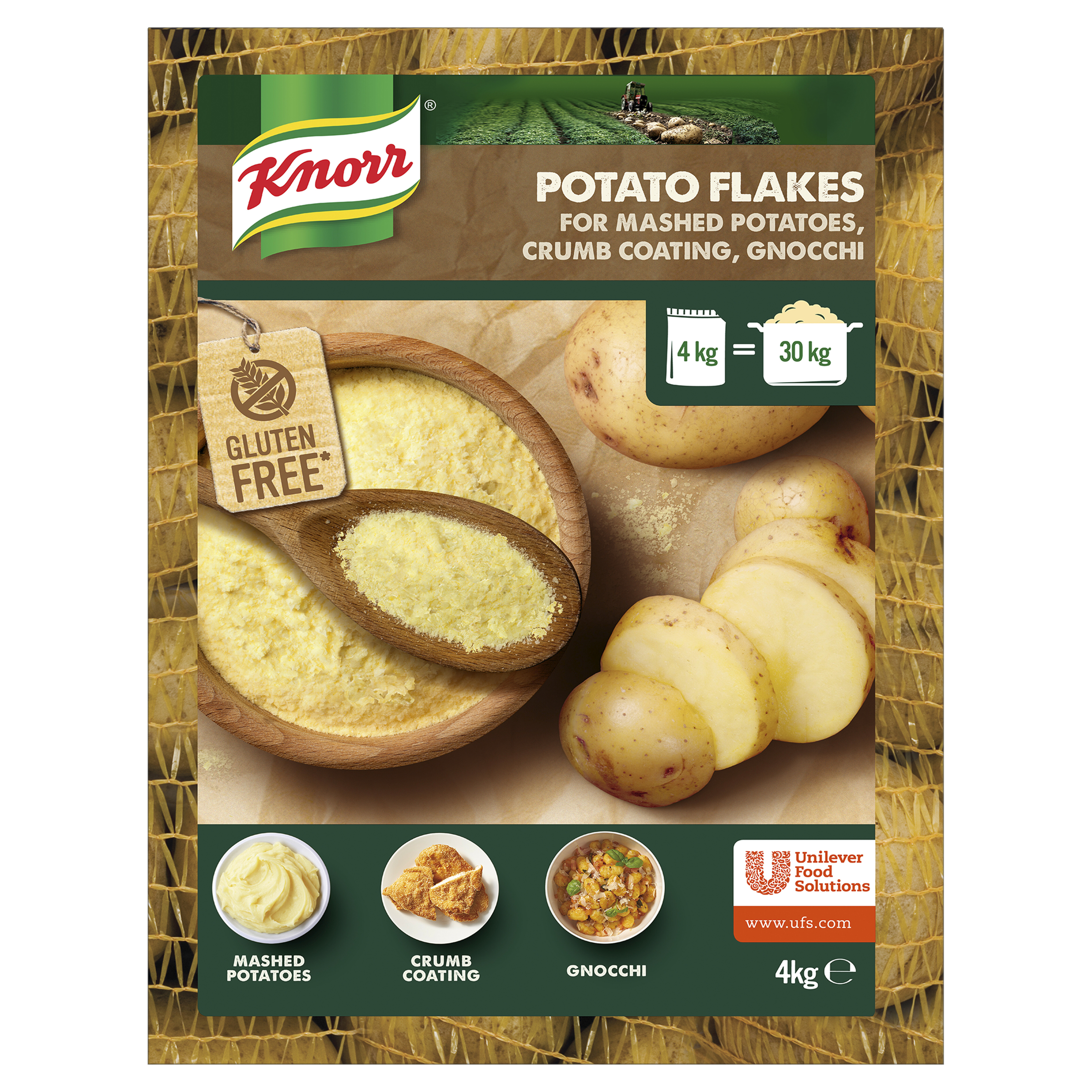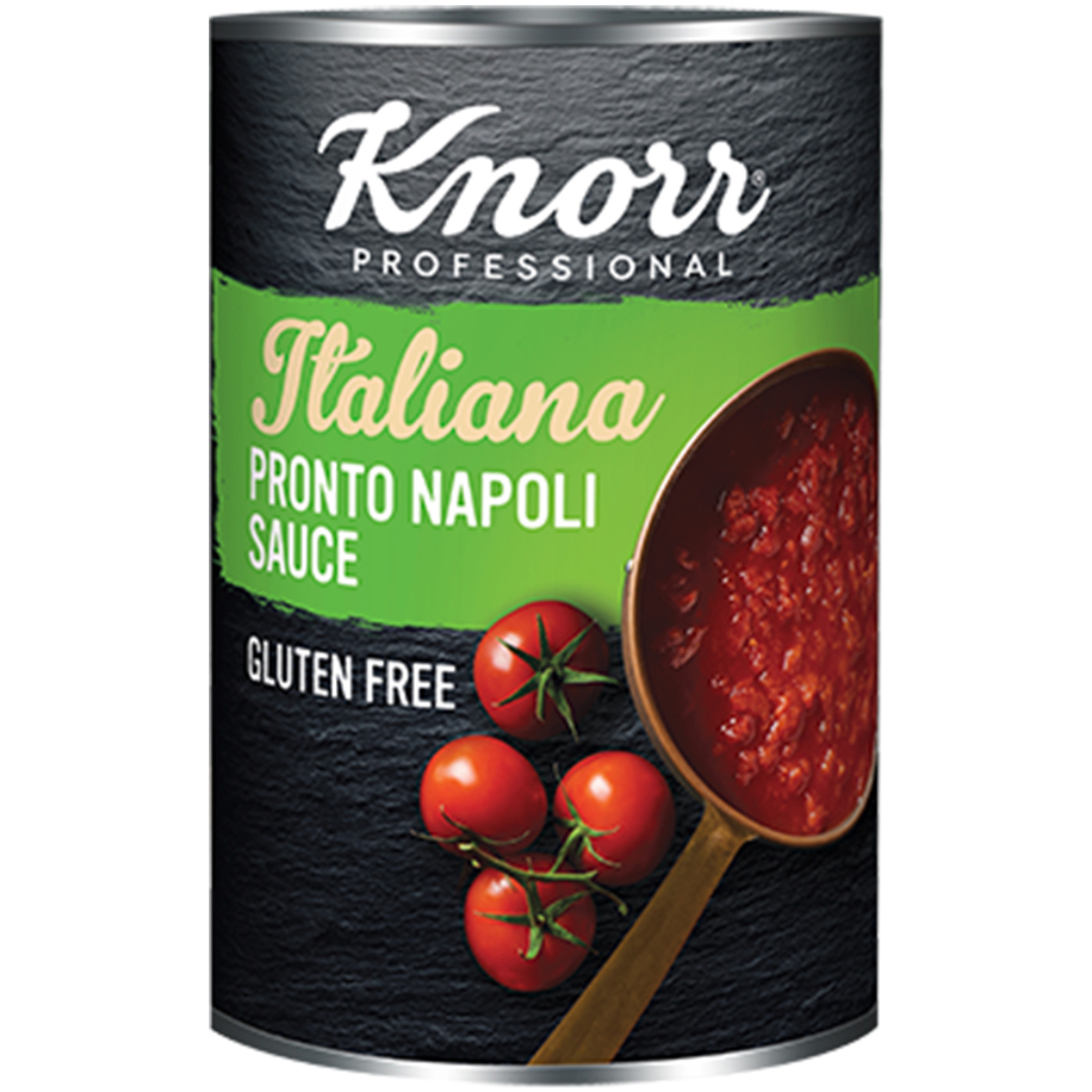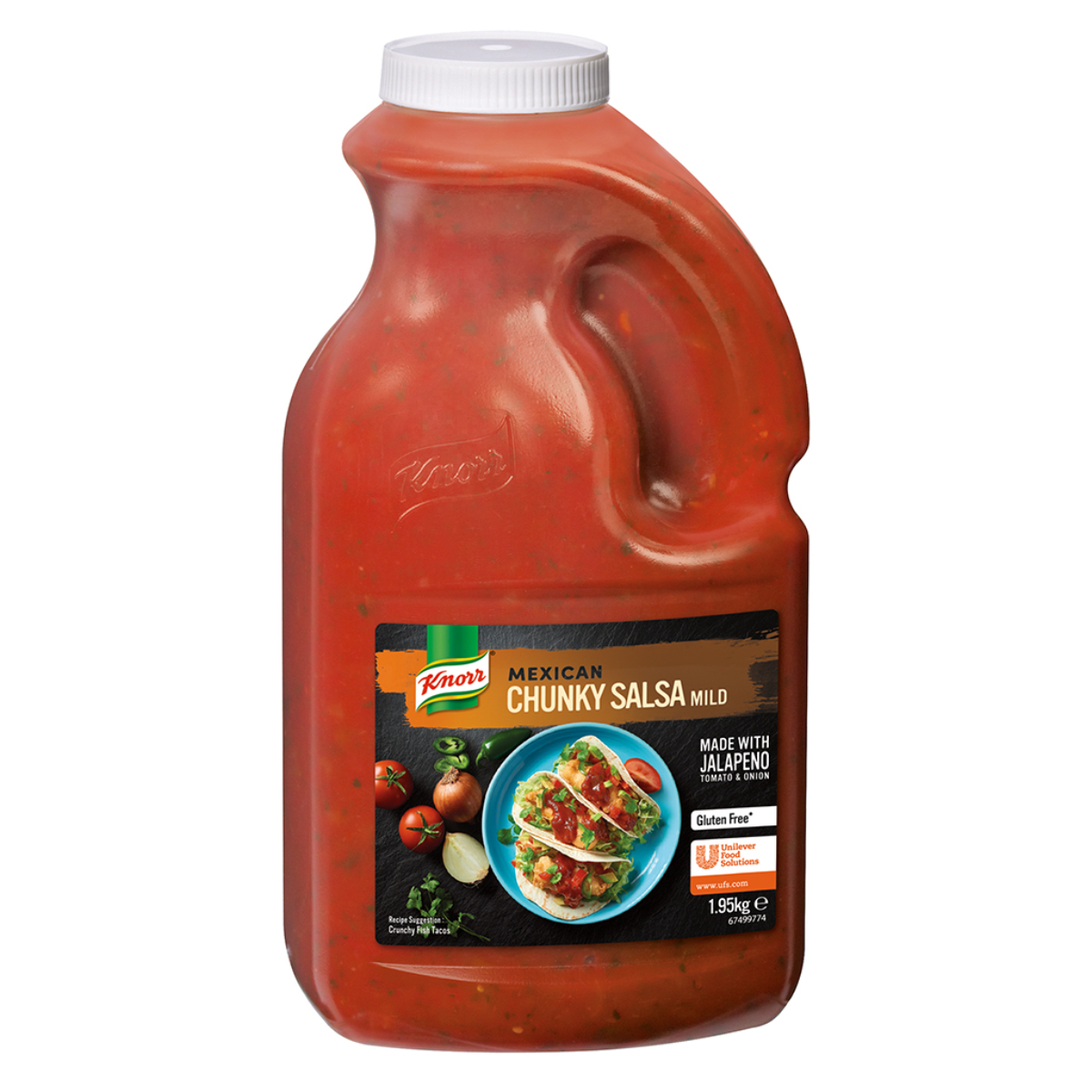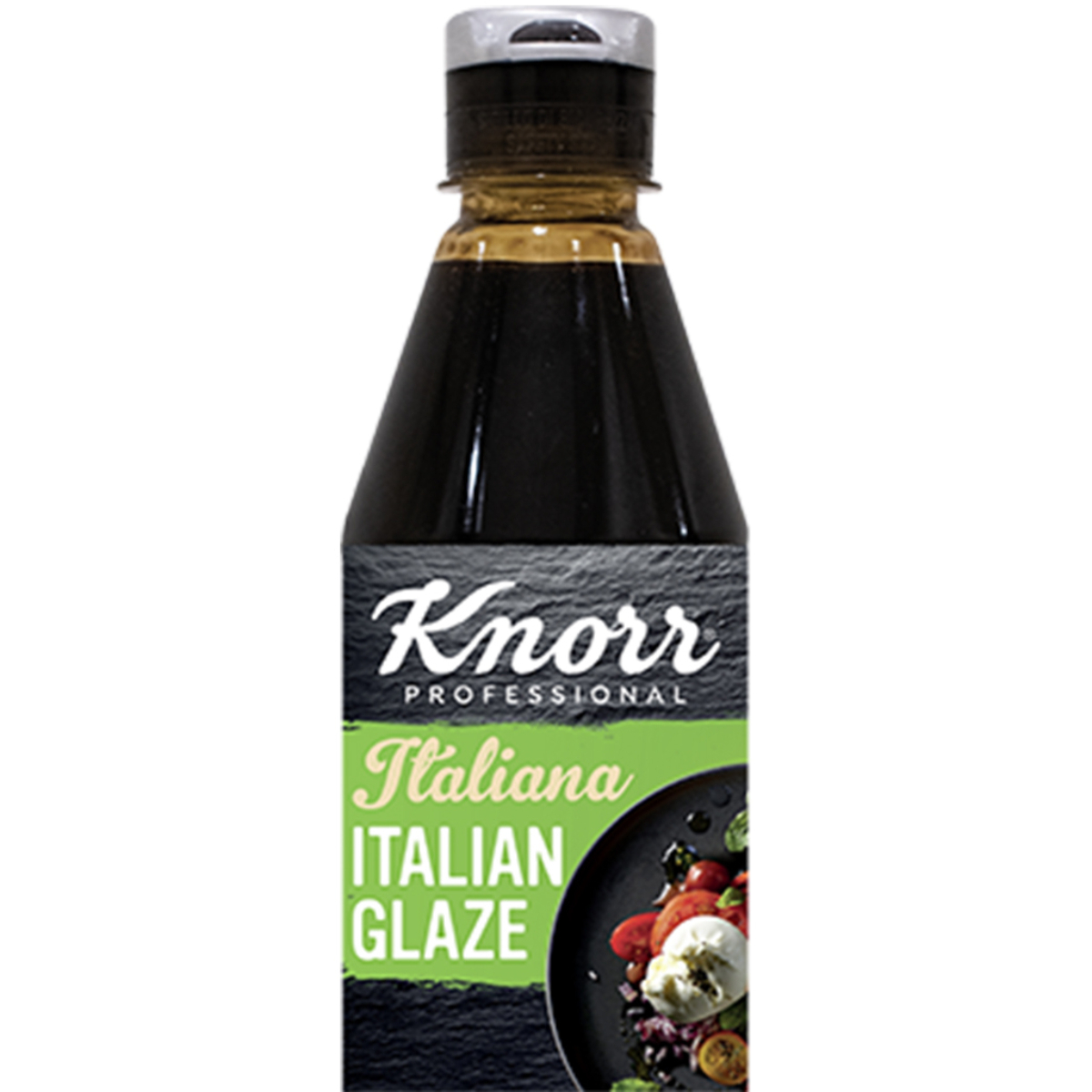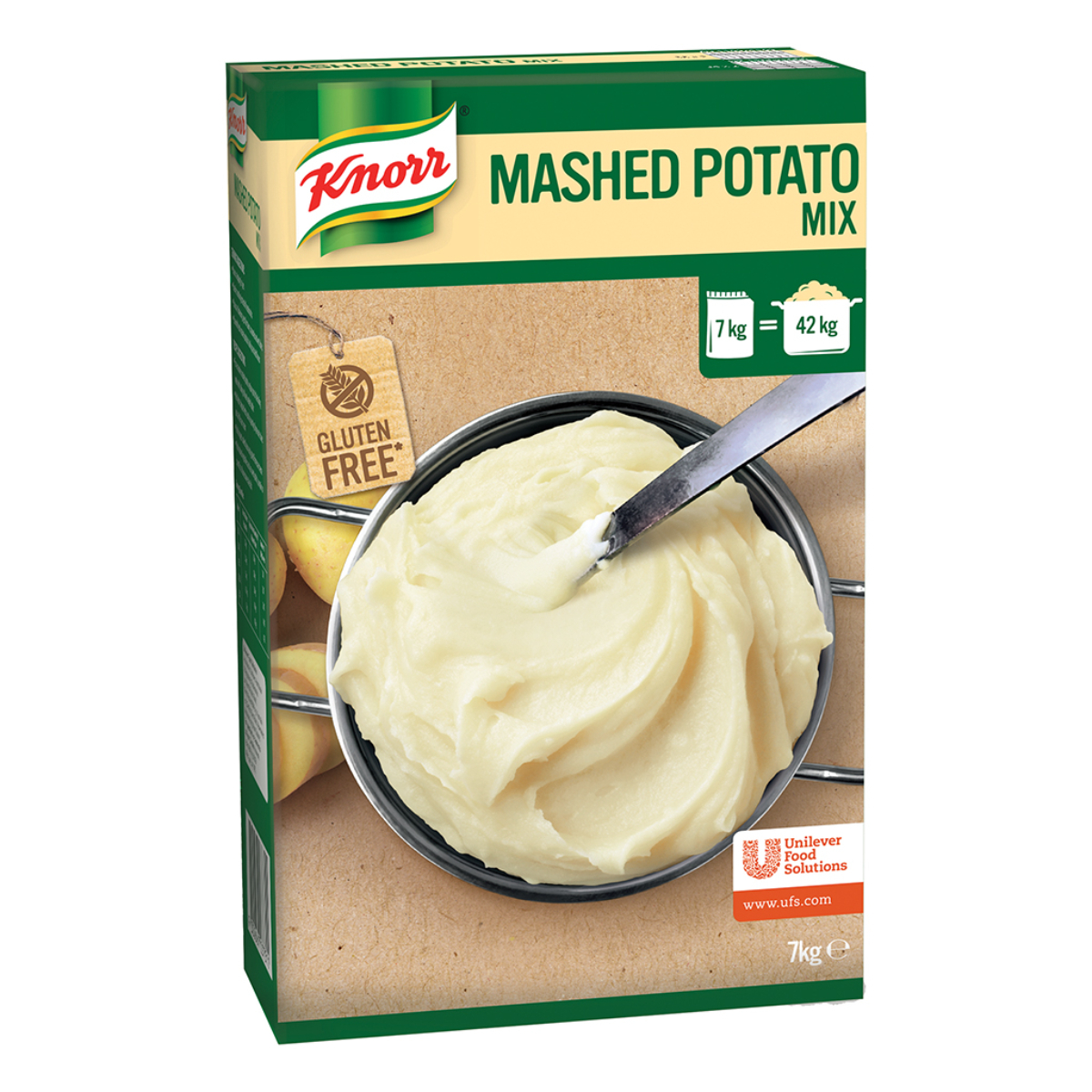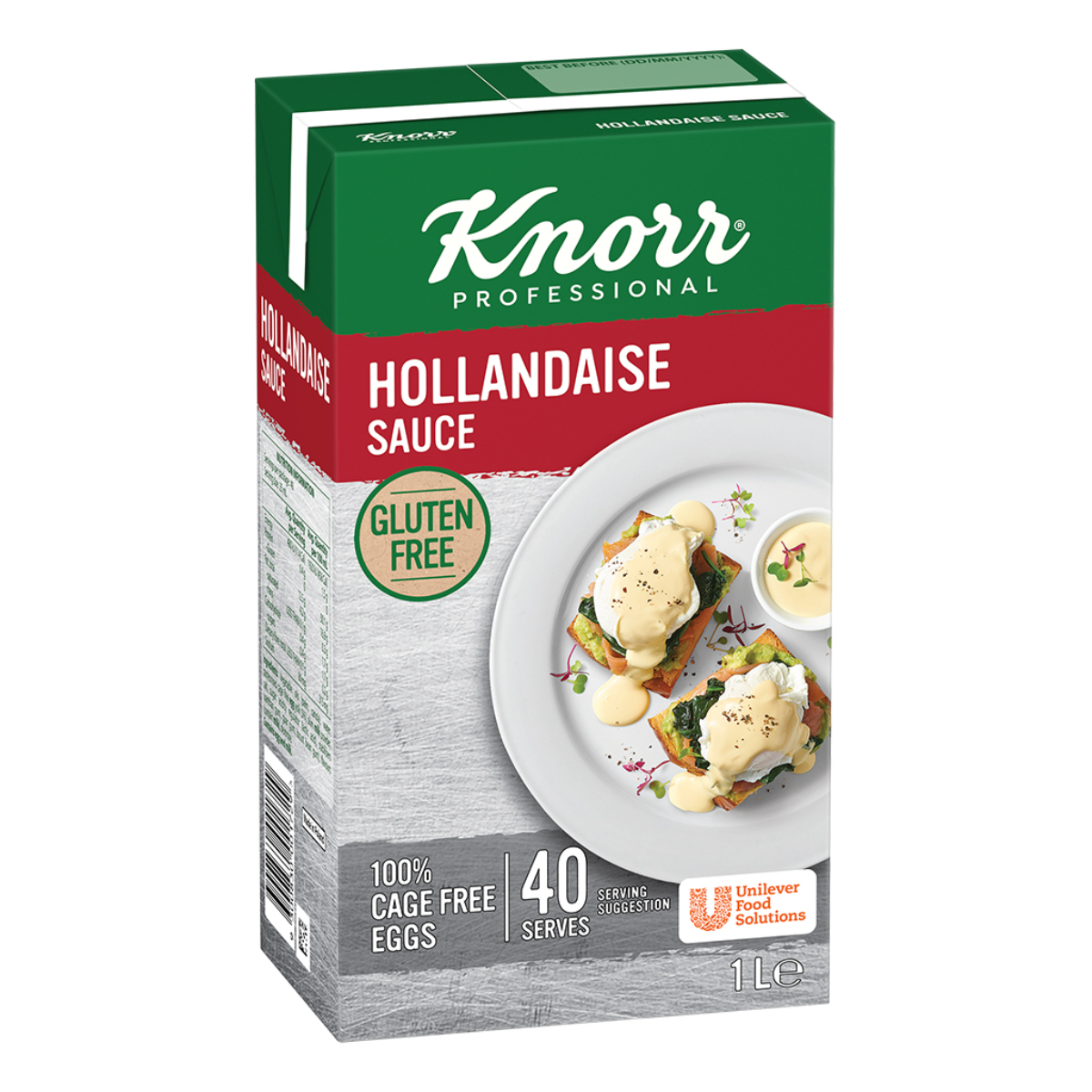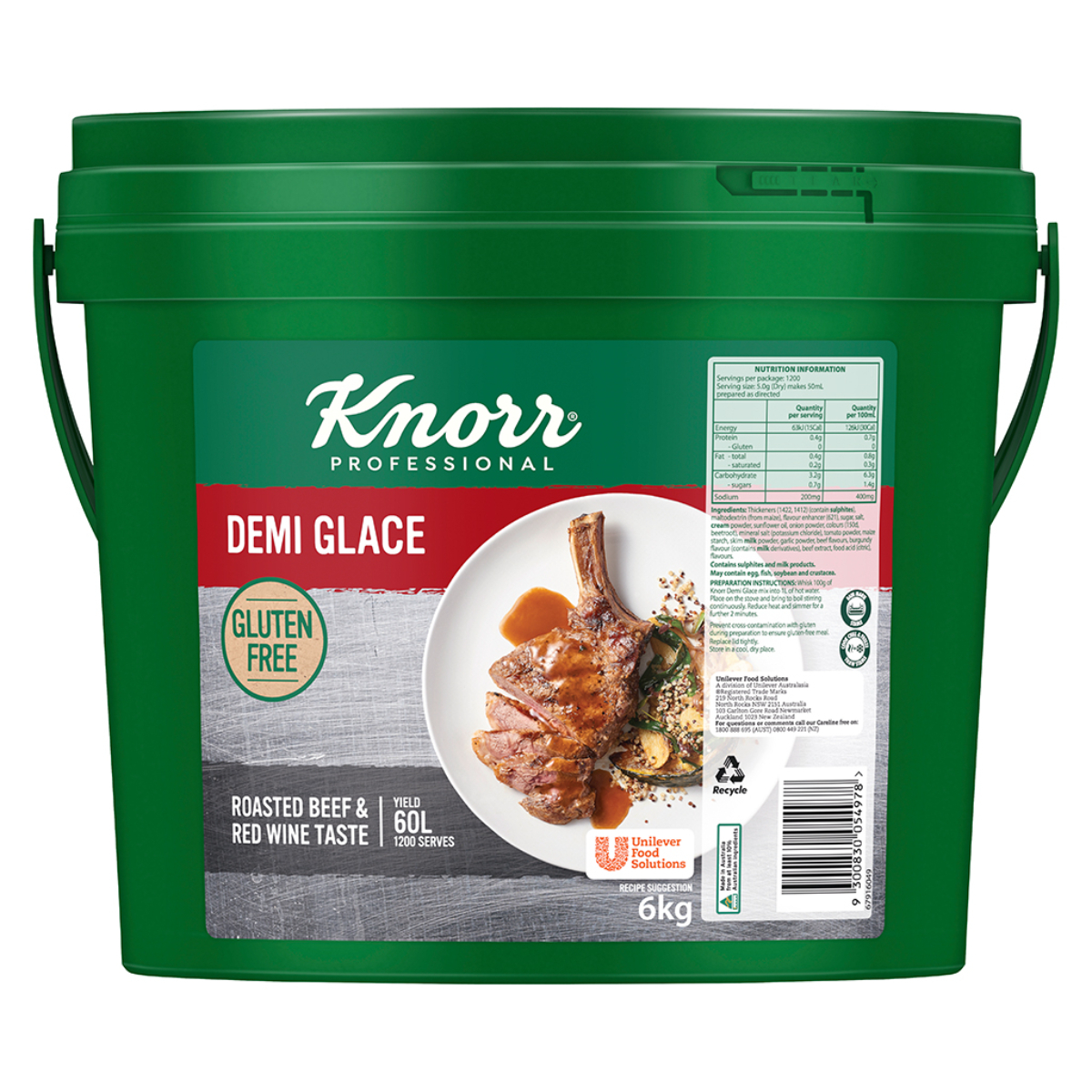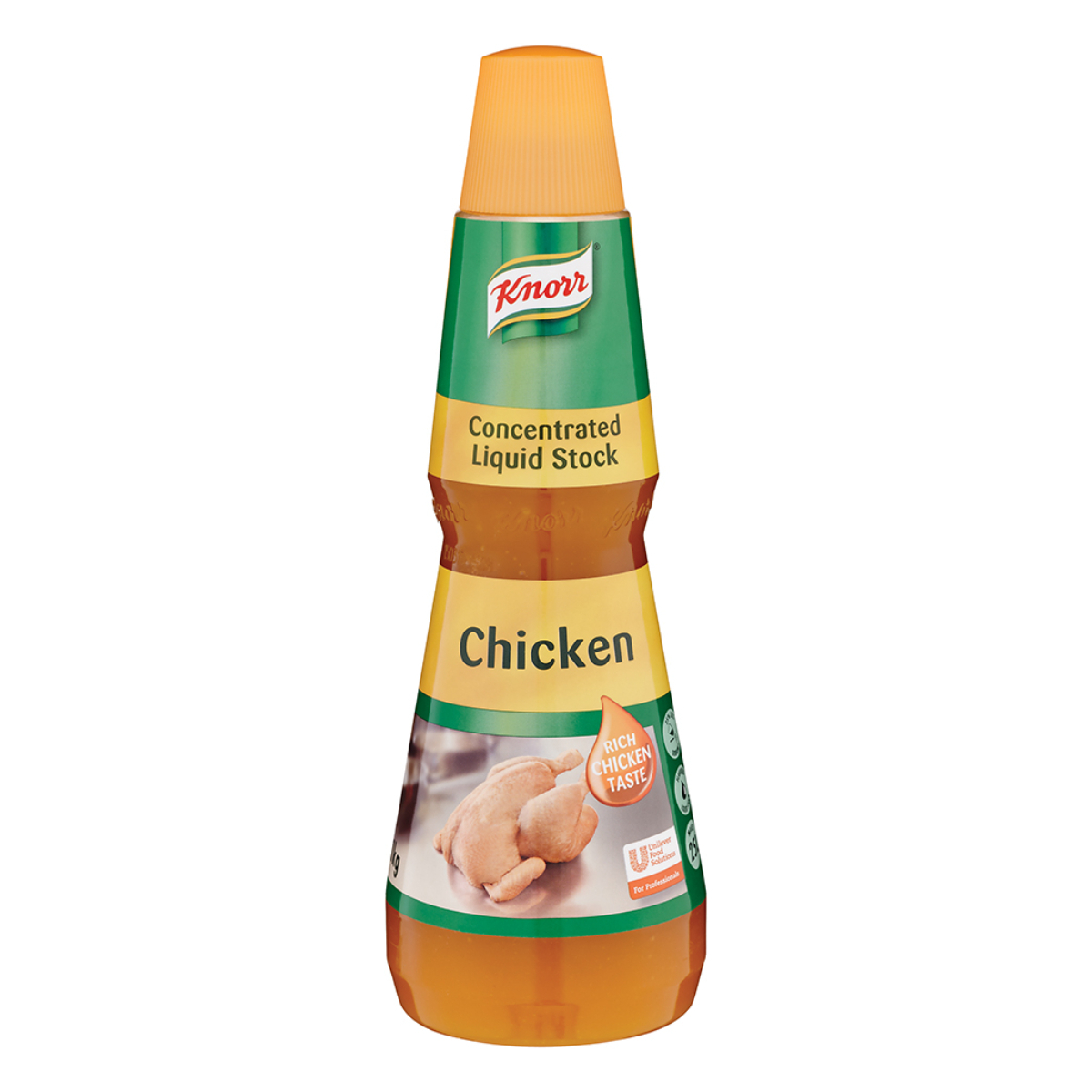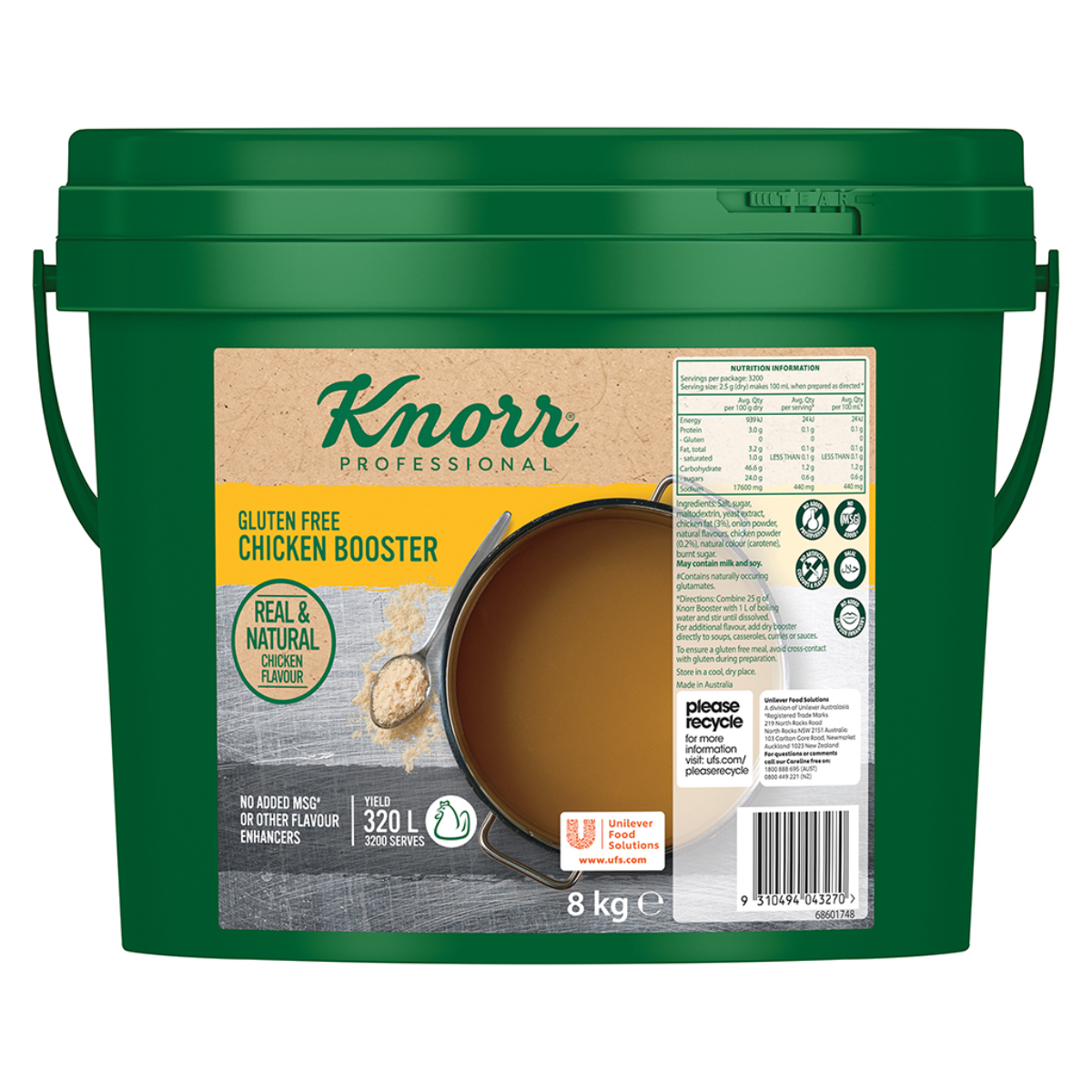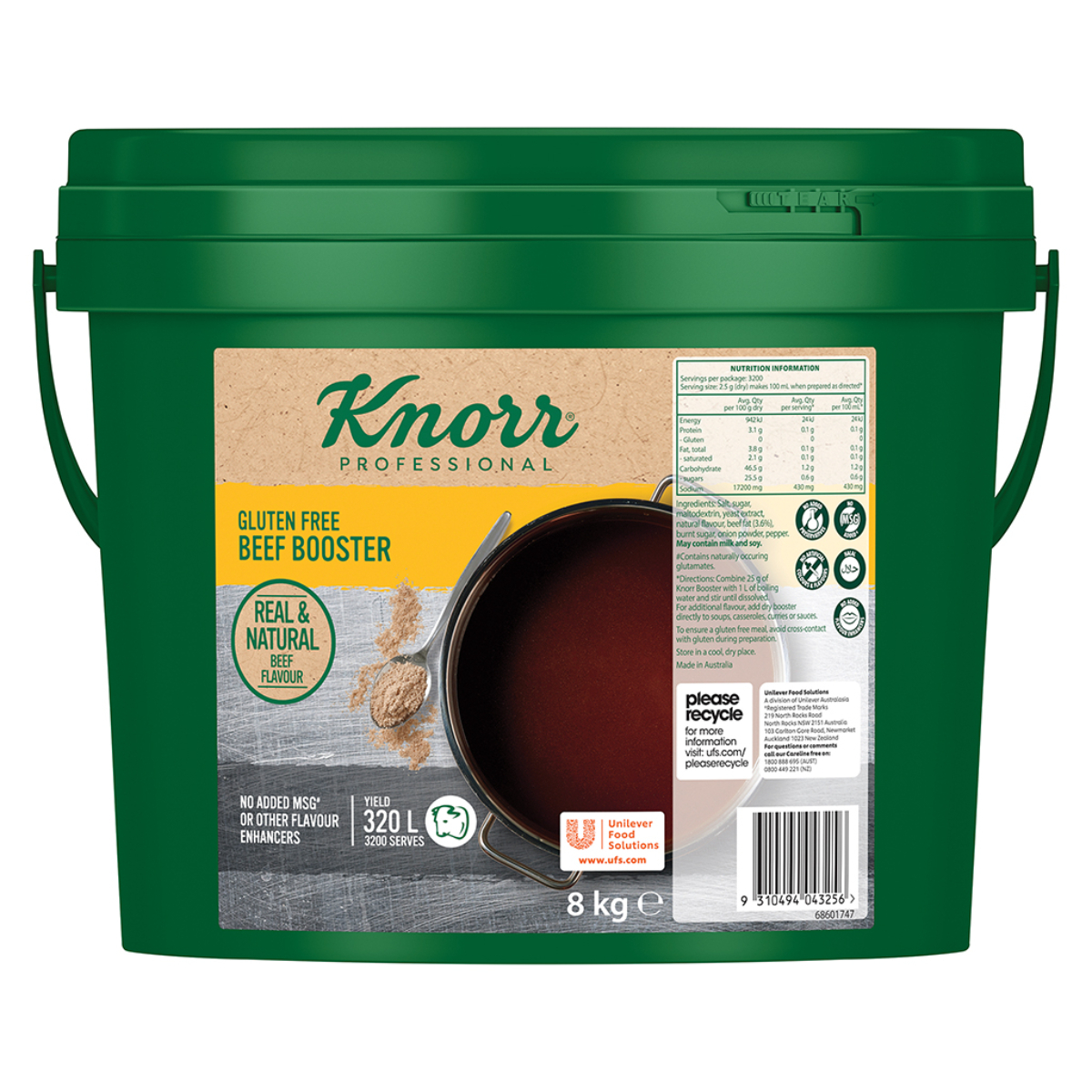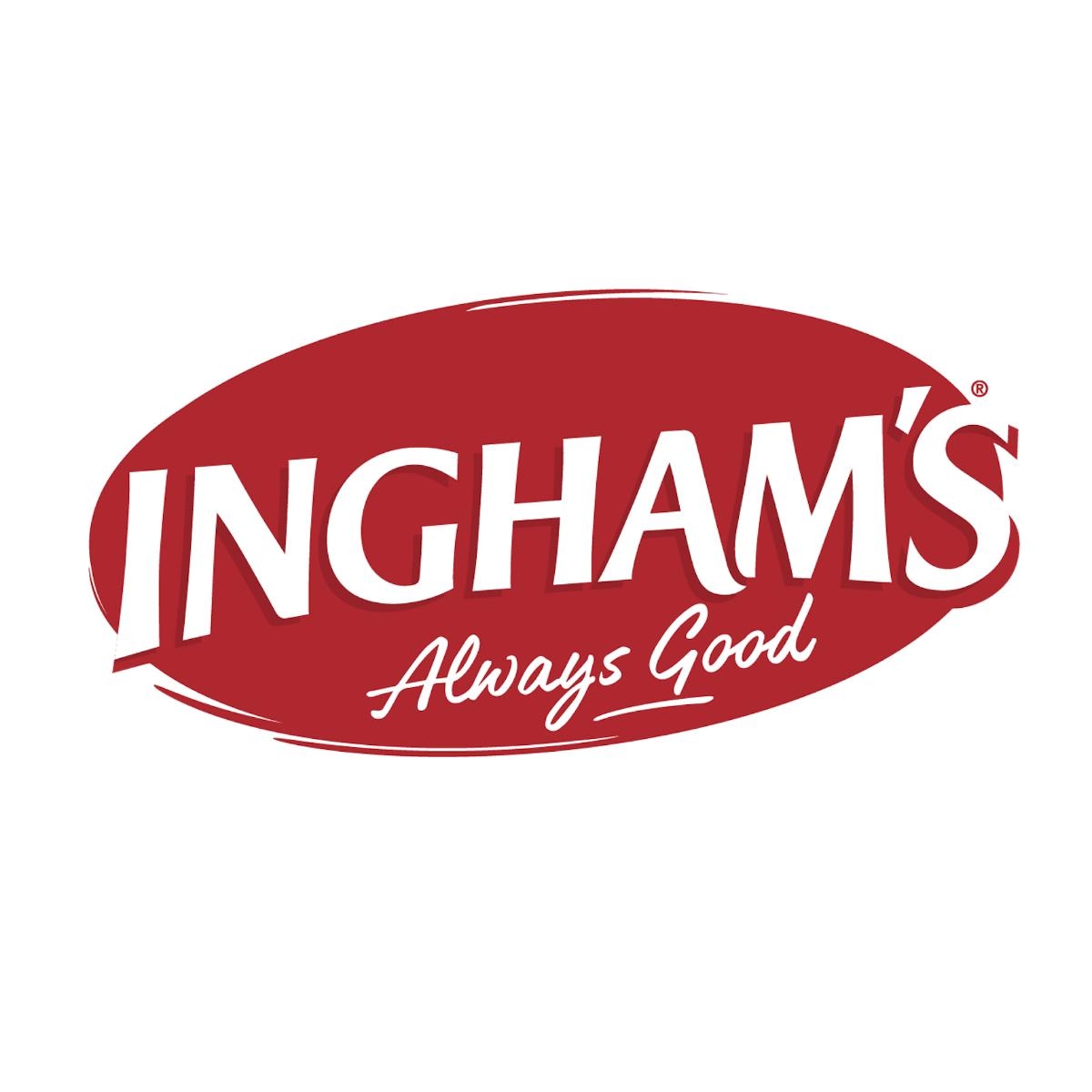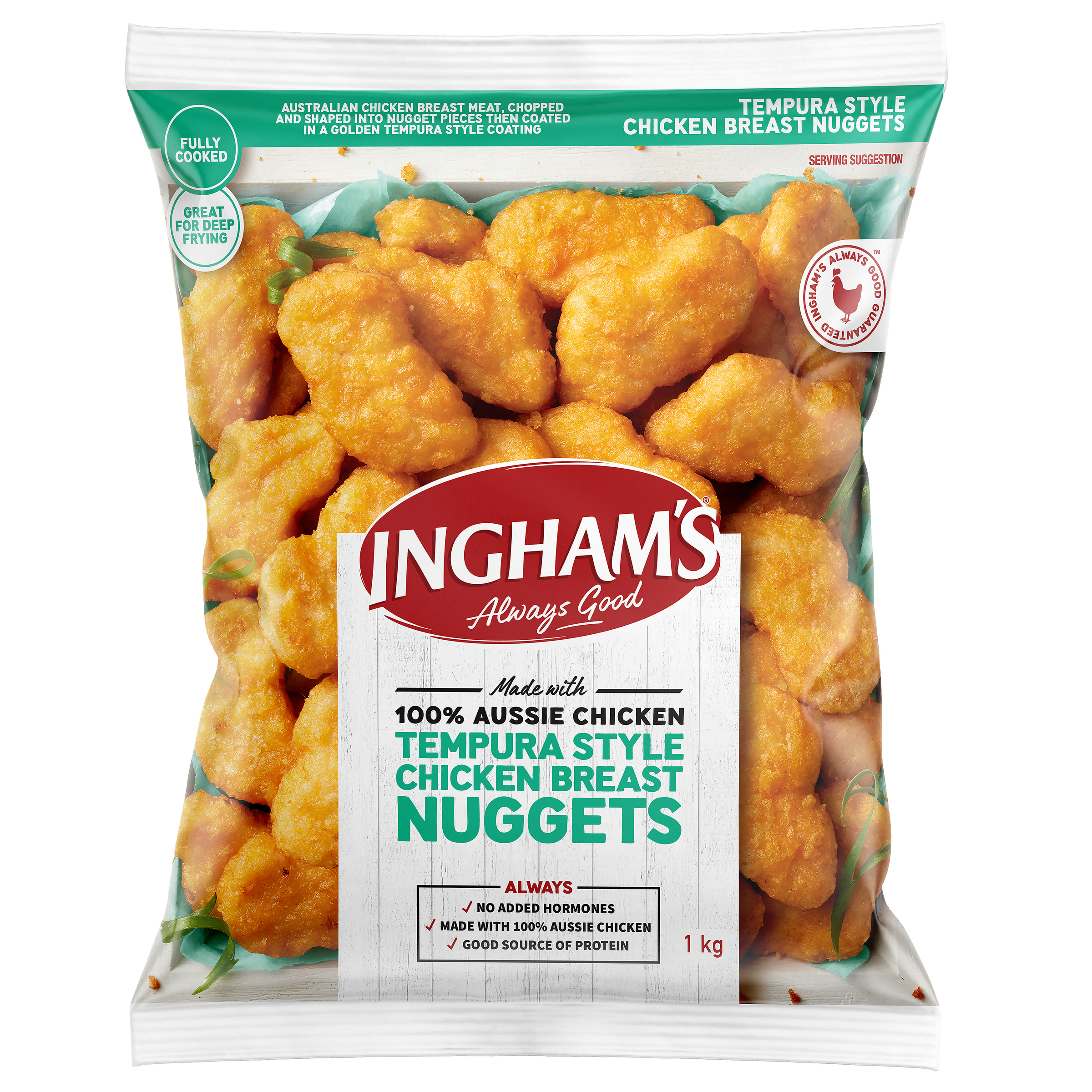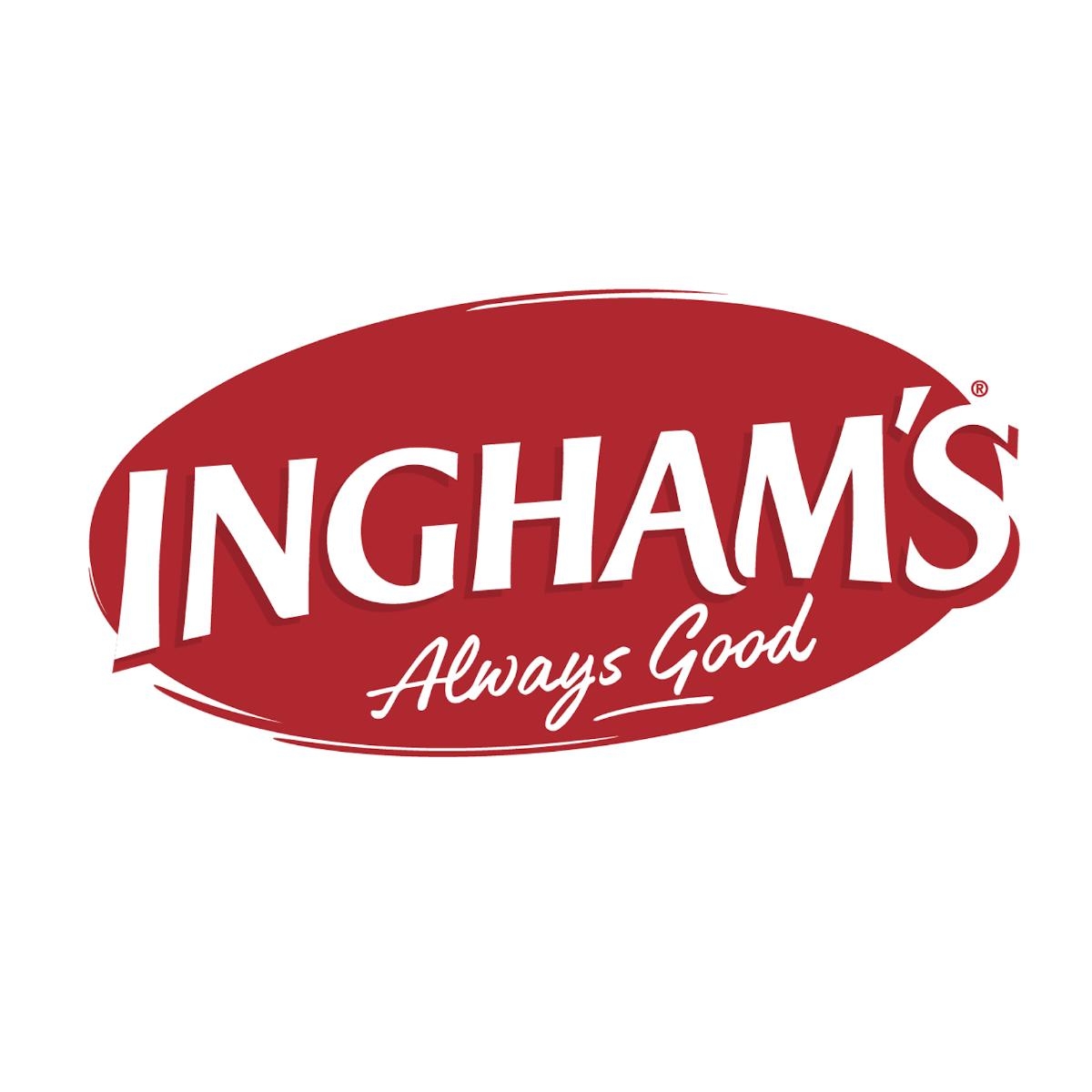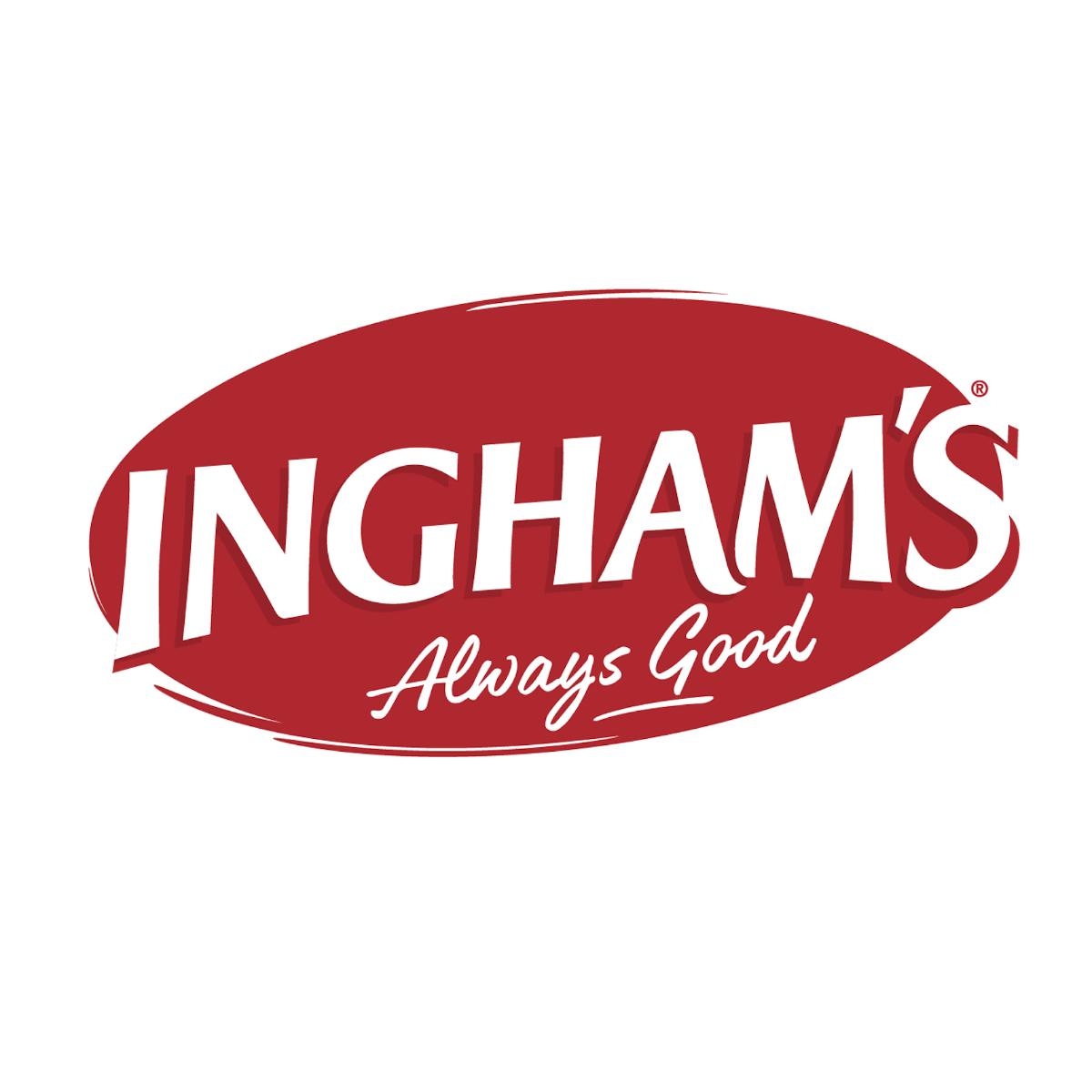As many Australians weigh up where to spend their limited discretionary dollars, Caleb Azuka, chef-patron at Perth’s CALEB Restaurant and Bar, says it’s never been more important for restaurants to establish a rapport with regulars. “People are less inclined to go out when times are tough – dining out is one of the first things to go,” he says. “Guests who advocate for you are priceless, [whether that’s] recommending you to others, booking office events or celebrating every milestone in their life with you – creating and keeping loyal guests mean you stay in business.”
Marcello Farioli, Michelin Star-trained chef at I Maccheroni in Sydney agrees that regulars are at the heart of hospitality. “Loyal local customers are the ones who come in all the time, not just during peak season,” he says. “We have customers that come in once a week and once a month, and they are the people we really need to look after because they are the ones that make the business stay the way it is.”
Why loyalty matters
Customer loyalty is about more than just repeat visits. “To some people, loyalty [is about] frequent purchases or revisits,” says Dr Andy Lee, Senior Lecturer at the University of Queensland Business School. “But a loyal customer by definition likes the operation – they tend to spend more and spread positive word of mouth so they will bring more customers in.”
So, while a coffee shop might get repeat business because of its proximity to a train station or its ‘get your sixth coffee free’ stamp card, Dr Lee says that’s not a true measure of loyalty. “It’s crucial for restaurant owners and chefs to understand how much customers like you, rather than just focusing on how many times they visit,” he says. “You have to talk to customers to figure out what they like most, and what has to be improved.”
After all, loyal customers are a boon to the bottom line. “It’s up to 25 times more expensive to acquire new customers than retain current customers,” Dr Lee says. “There’s a study that showed that a five percent increase in customer retention produced more than 25 percent increase in profit.”
Something special
With a mortgage and three kids himself, Farioli understands how many Australians are carefully weighing up how they spend their money each week. So, he sees his restaurant’s role as offering meals and an experience that can’t be replicated at home. “They could buy a packet of pasta and cook it themselves,” he points out. “[Personally], I like to spend money on stuff that I can’t do at home or takes too long to do at home. So, I might skip the coffee but spend on lamb shoulder or seafood or a pasta dish that would take five hours to make.”
Making sure regulars can always get a table is another part of Farioli’s strategy. “We have an online platform for reservations, but I always keep some tables for walk-ins because local customers often decide [on the spot] to come for dinner and you have to have a table for them,” he says. “We also open seven days for lunch and dinner – the only day we close is Sunday night. It’s a lot of hours but it means that people don’t even have to think about when we’re open.”
Familiar friendly faces also help build loyalty. “It’s really important to have stable staff – the customers get familiar with them, and they don’t feel like they’re just going to a restaurant, they feel like they’re going somewhere that’s ‘home’,” Farioli says. “We remember their names, their drinks and where they like to sit, and put notes in our booking system about [what they like].”
Being flexible to customer requests can also enhance their experience. “Attention to detail is everything,” Azuka says. “Some guests like spicy, some don’t. Some prefer a table that isn’t in the middle of the venue. The easiest thing is for our FOH staff to smile, be polite and create a special memory by working as a team.”
In fact, Azuka makes a point of regularly stepping away from the kitchen to chat with customers. “Sometimes I think chefs want to just focus on their food and leave guest interactions to front-of-house staff,” he says. “But visiting guests at the table is such an easy thing to do to show you care about their experience.”

